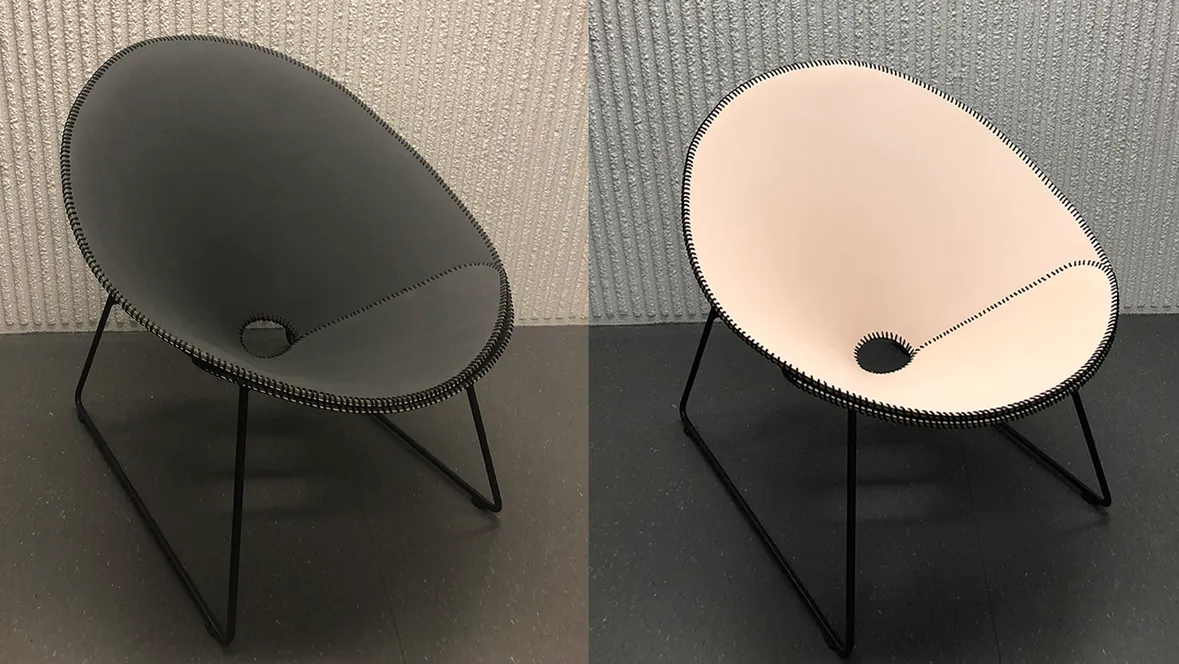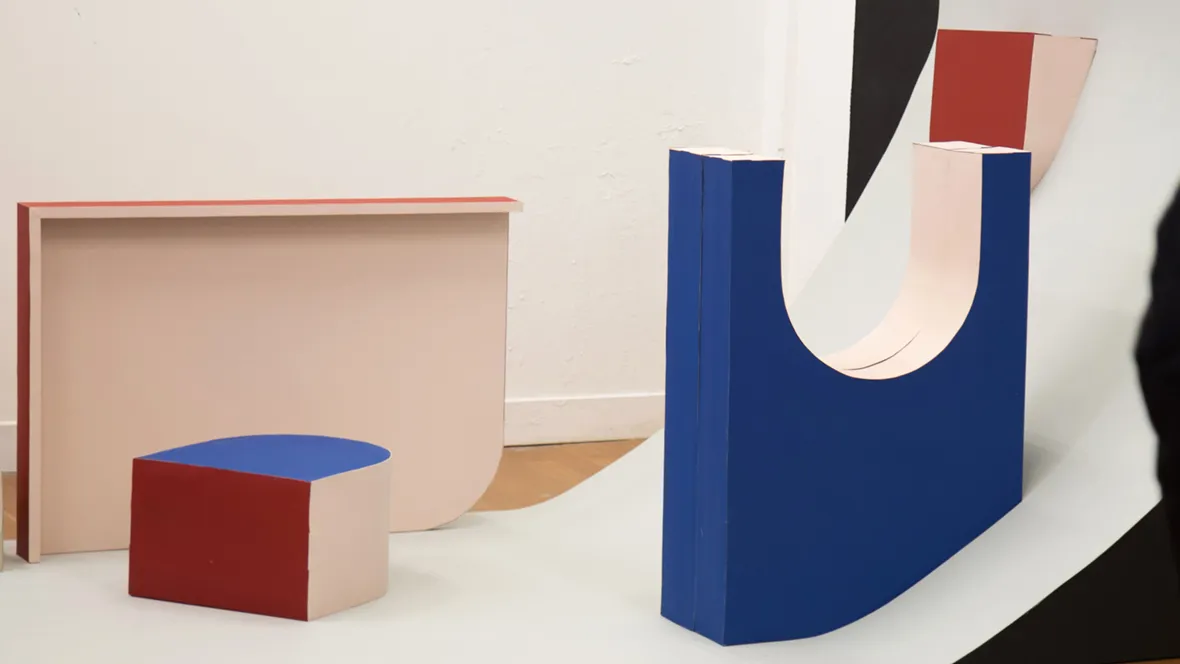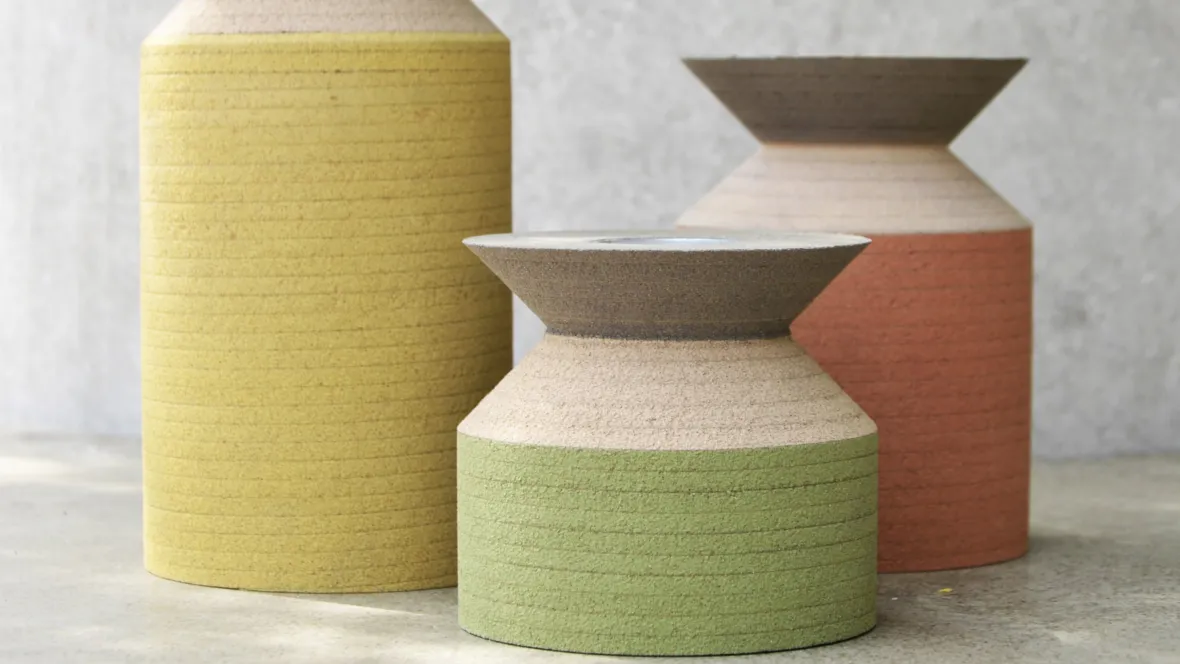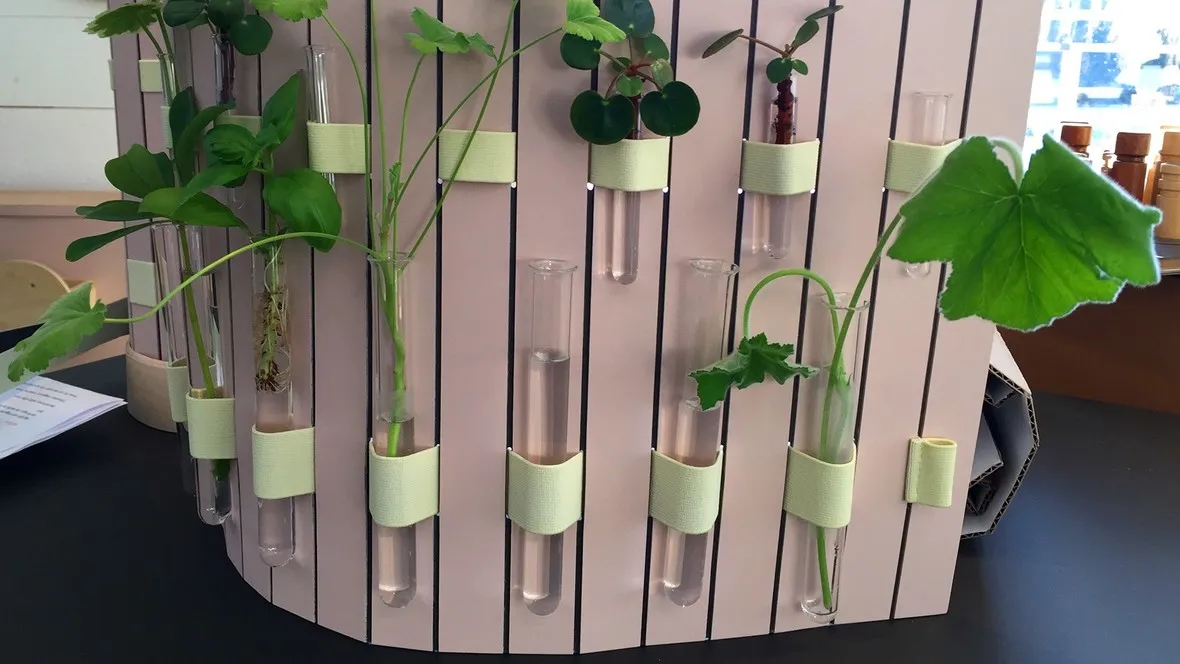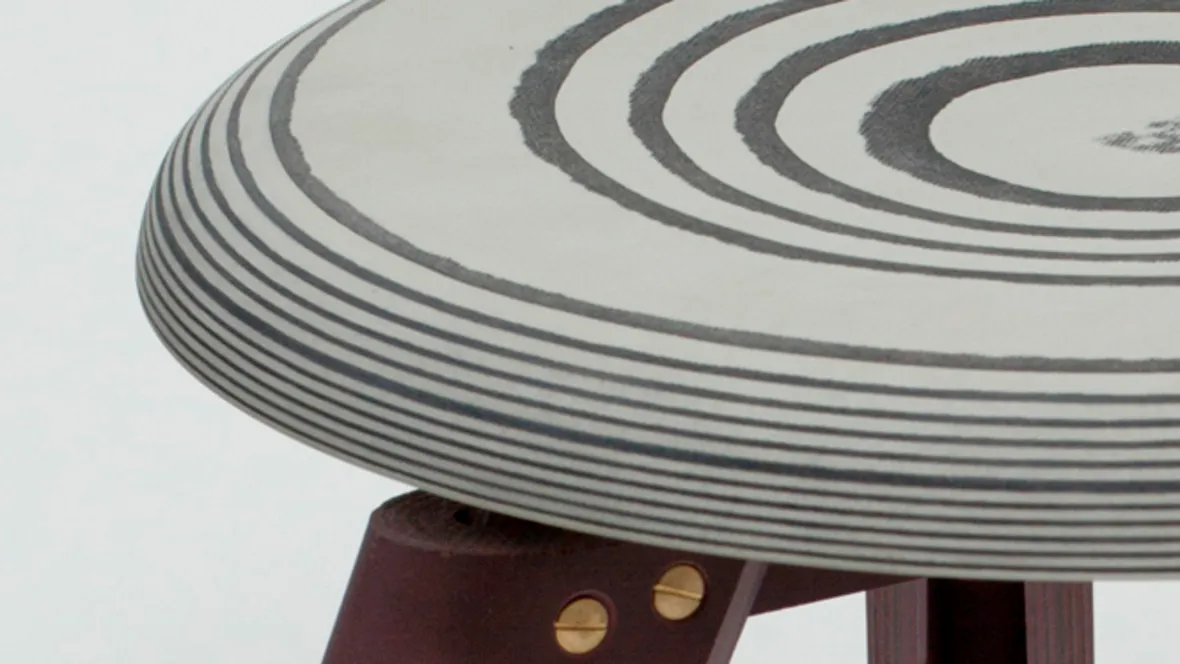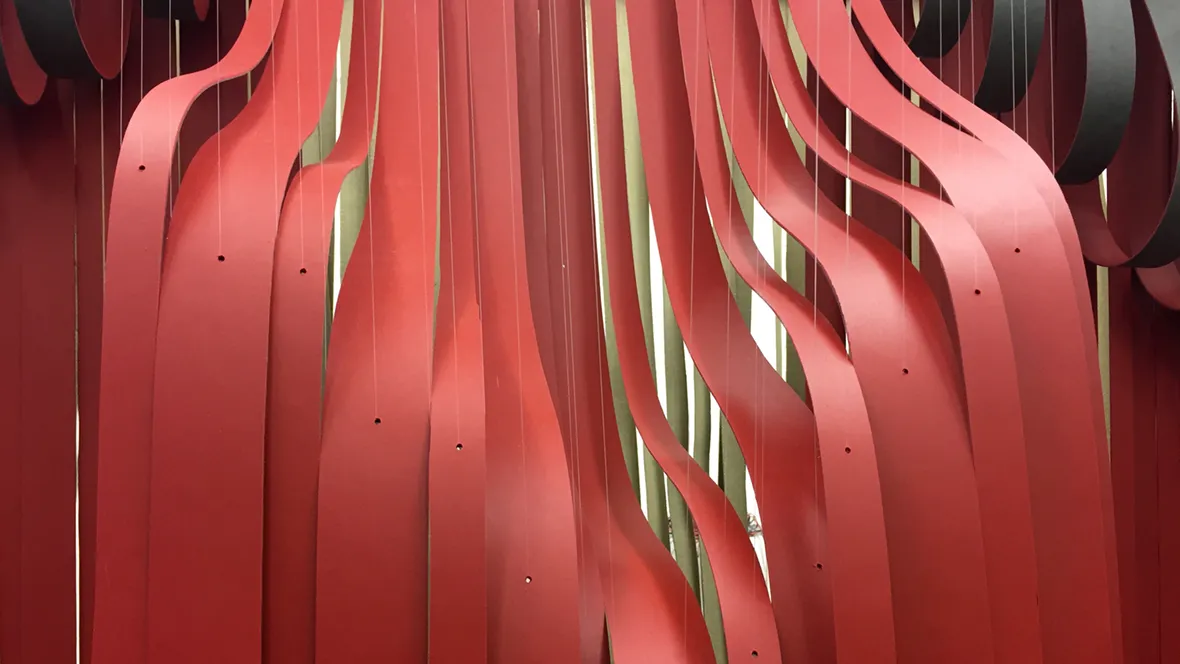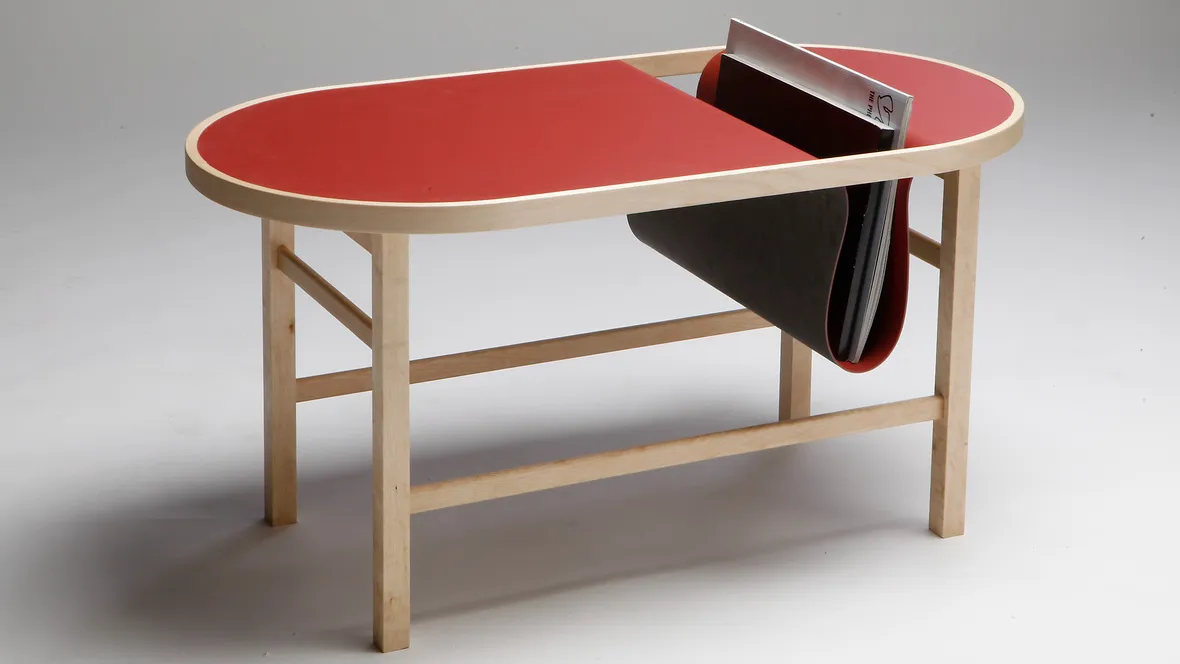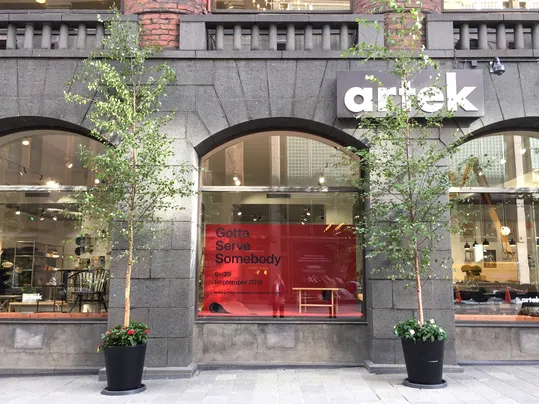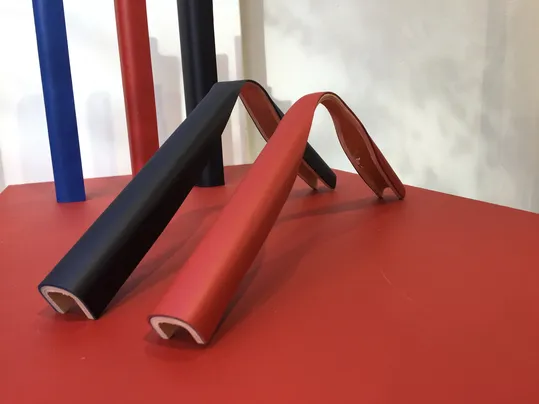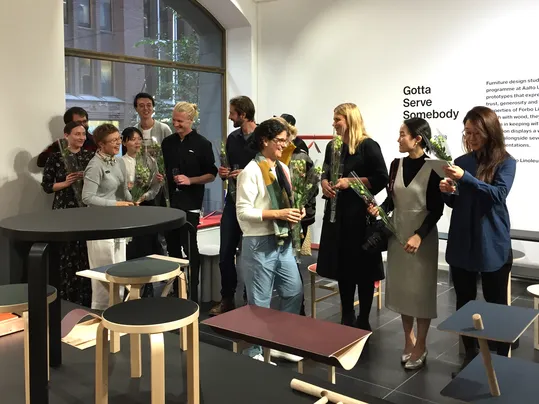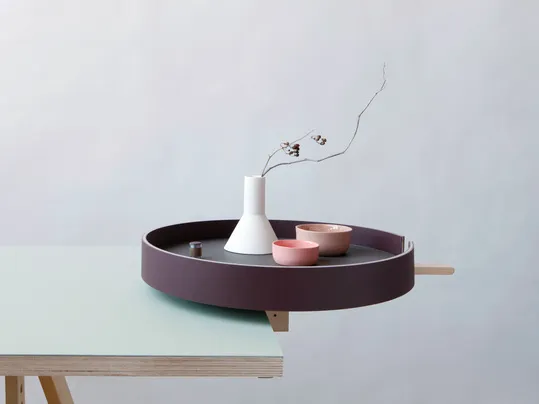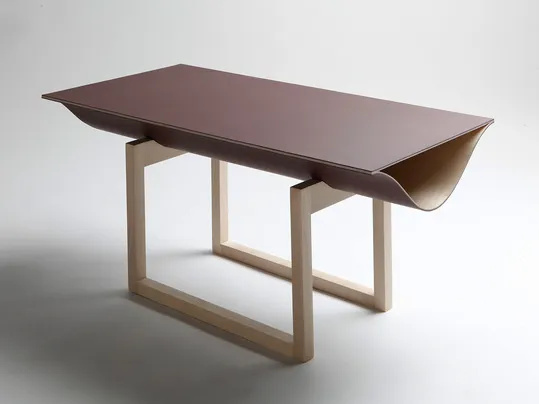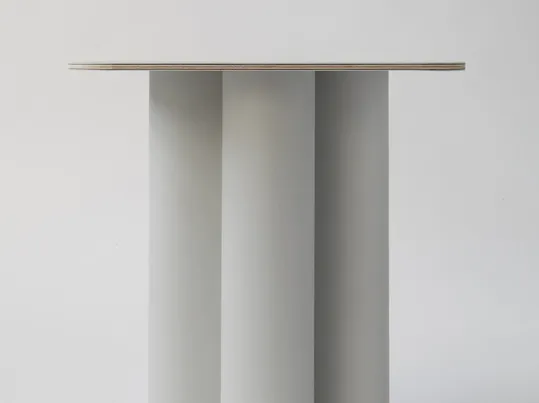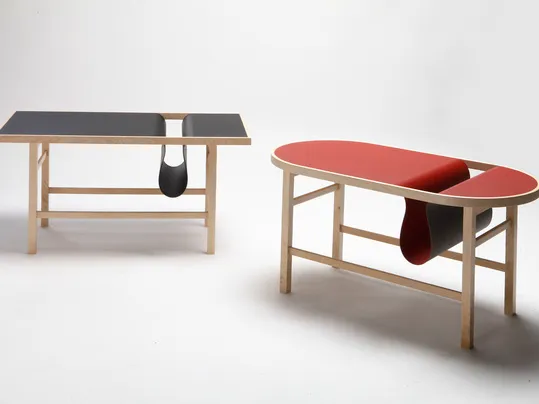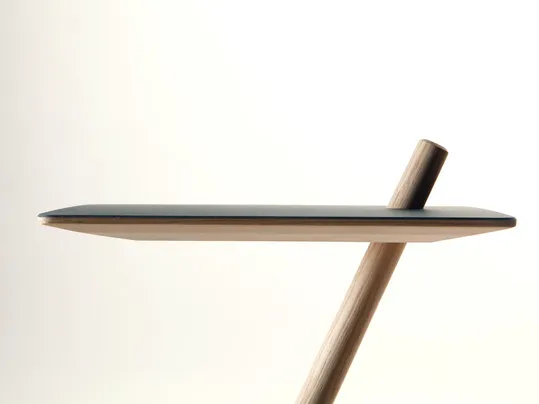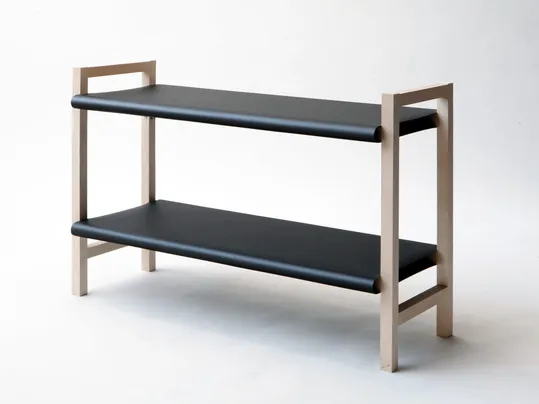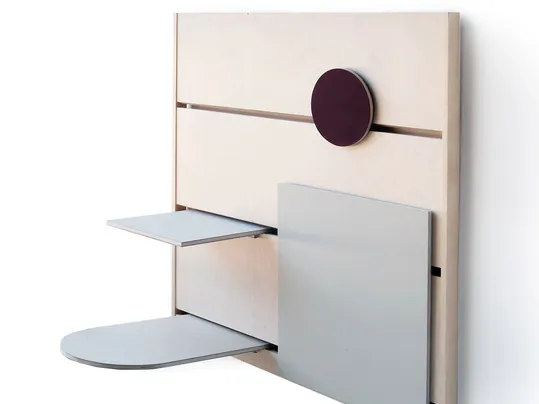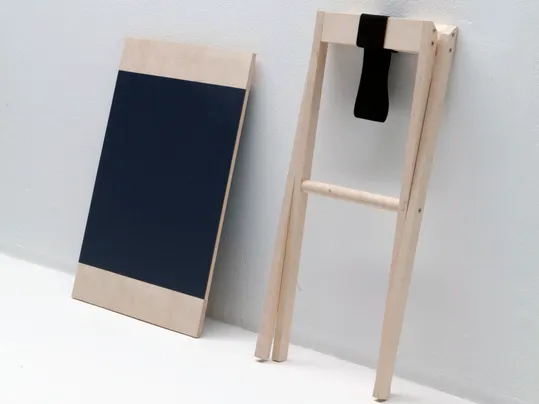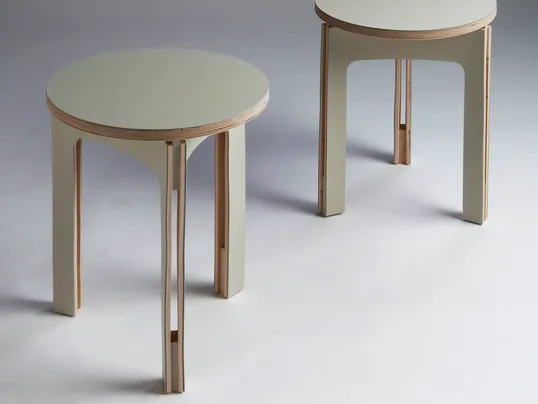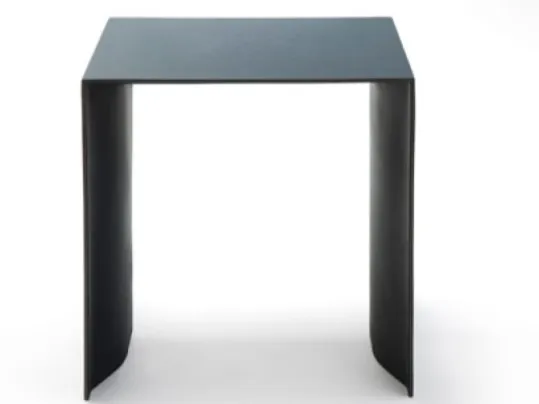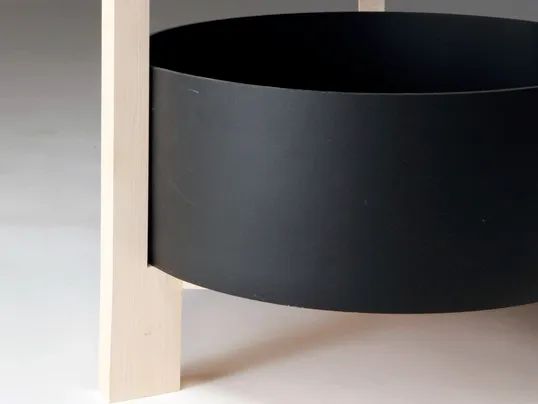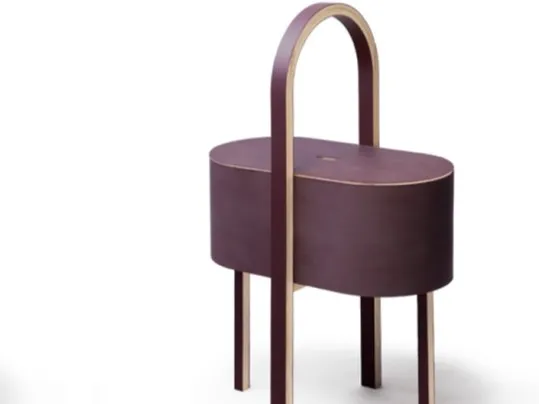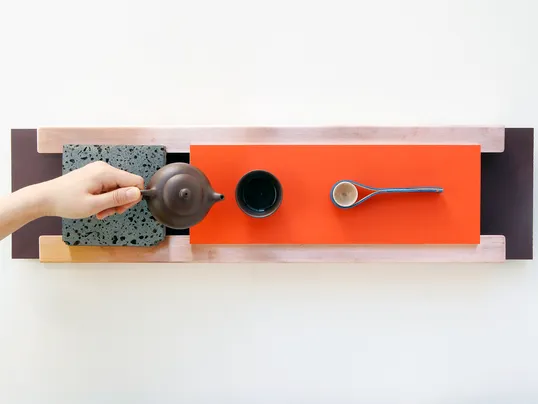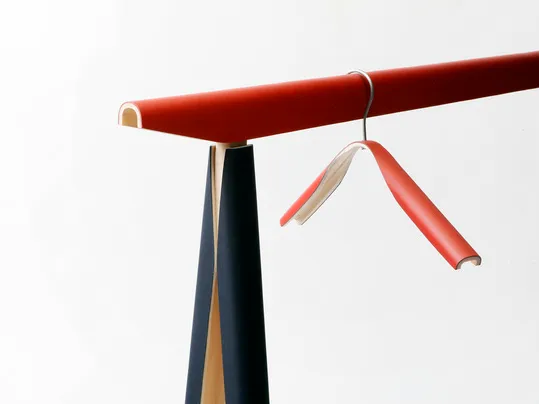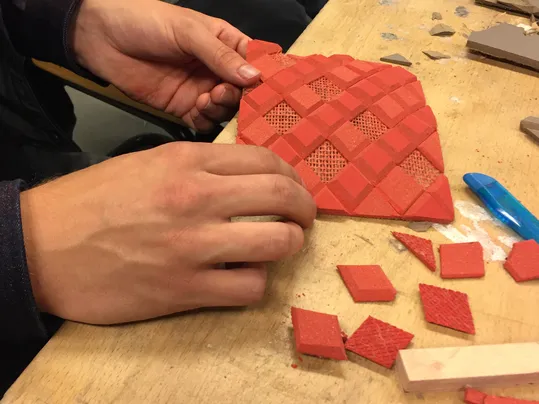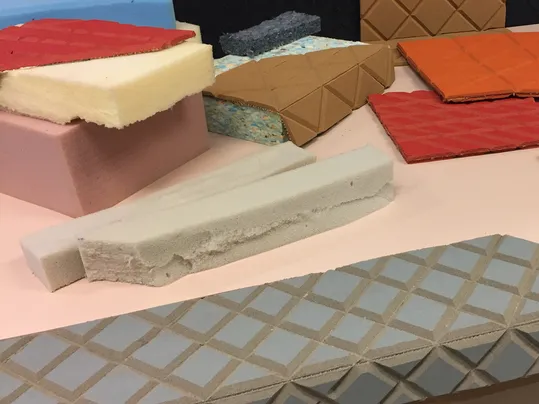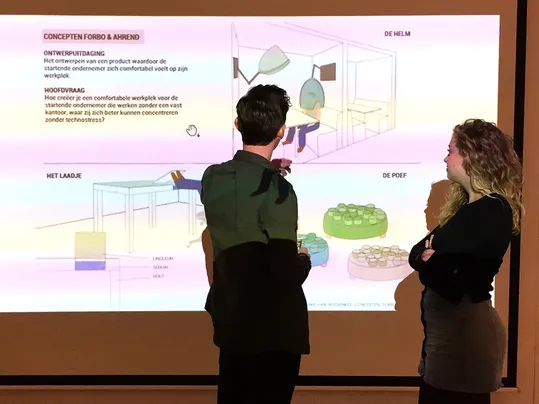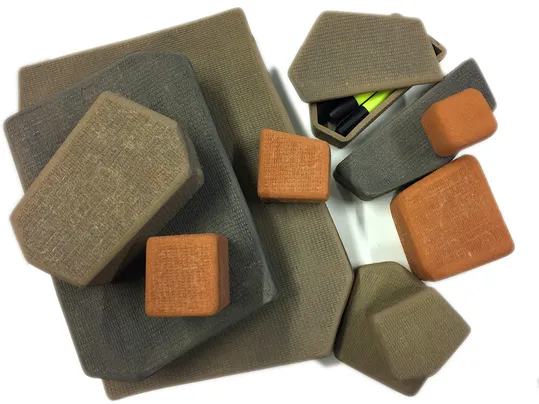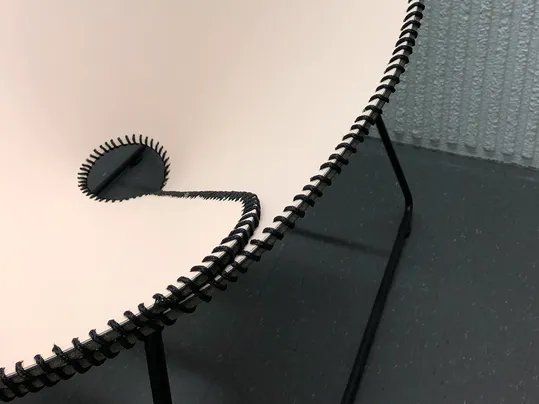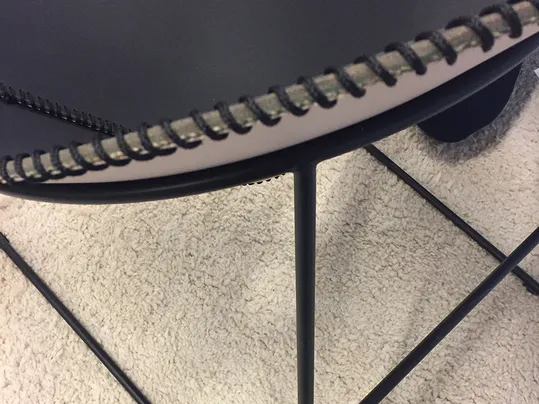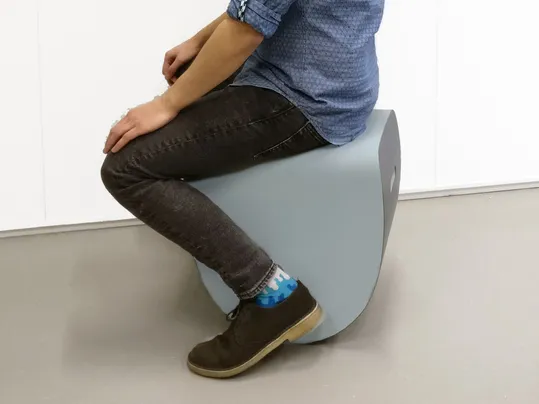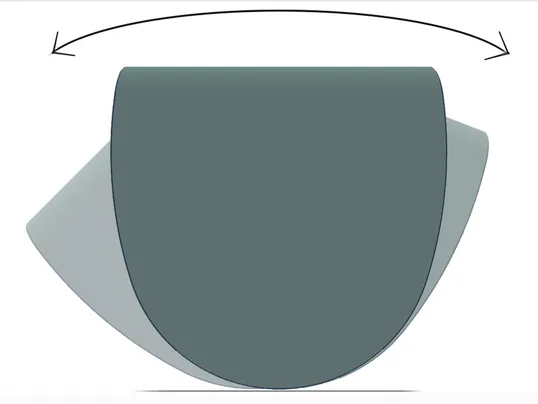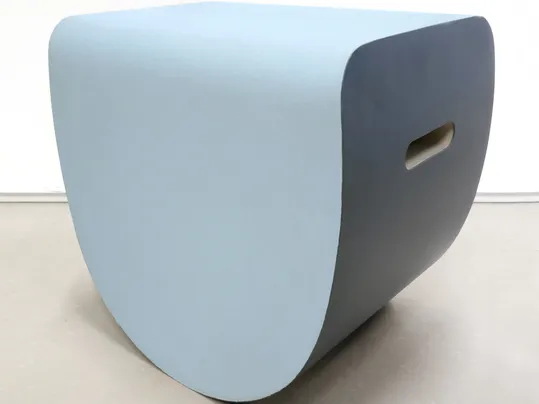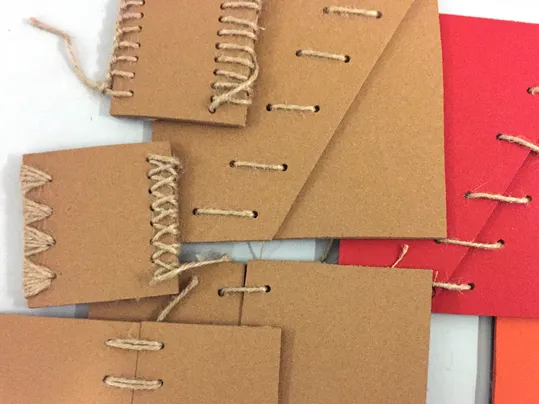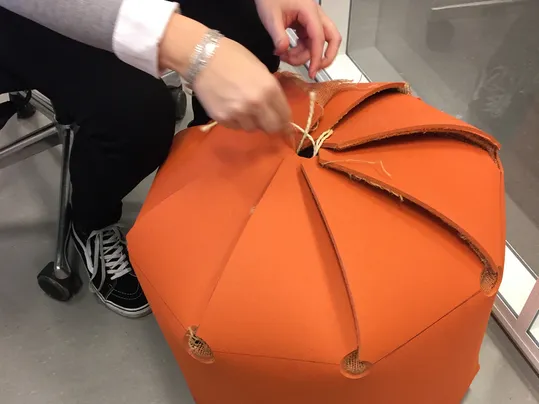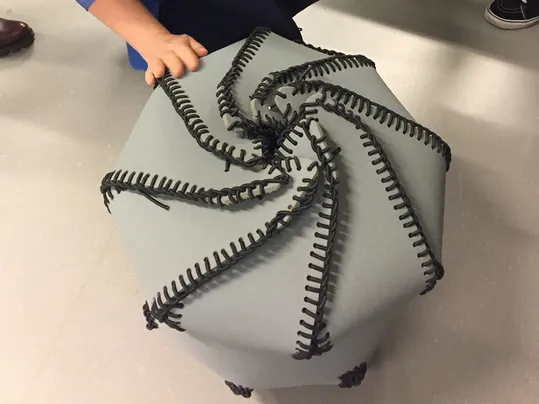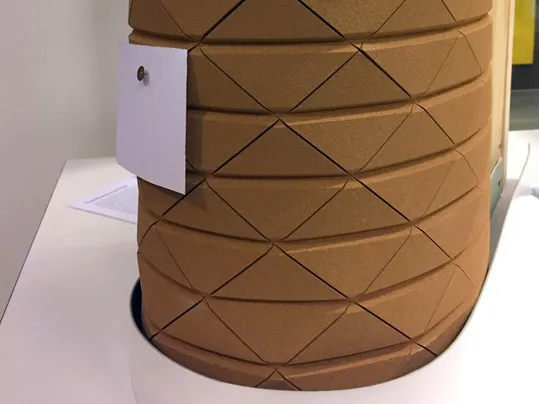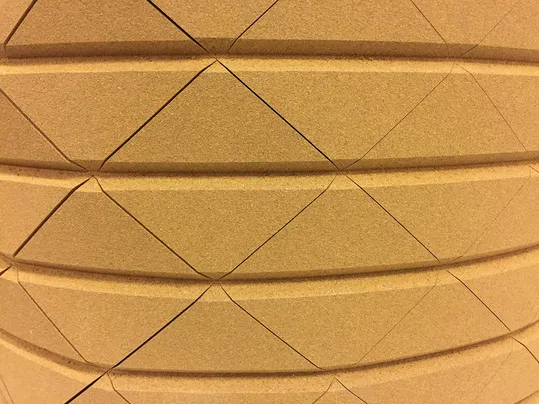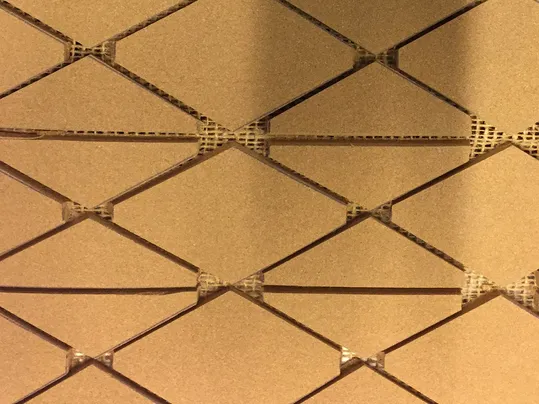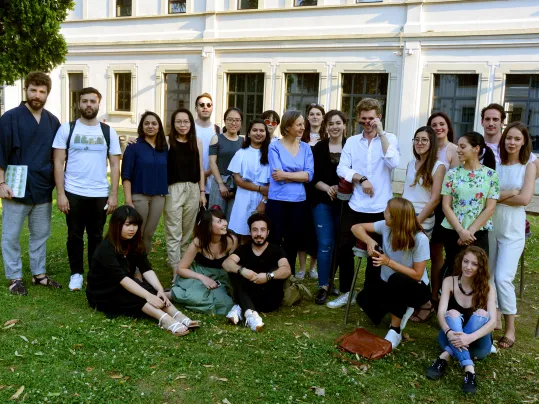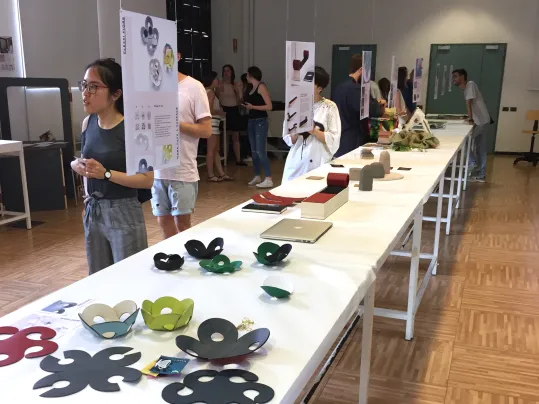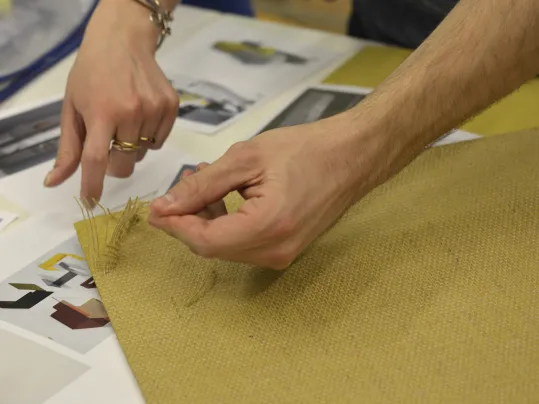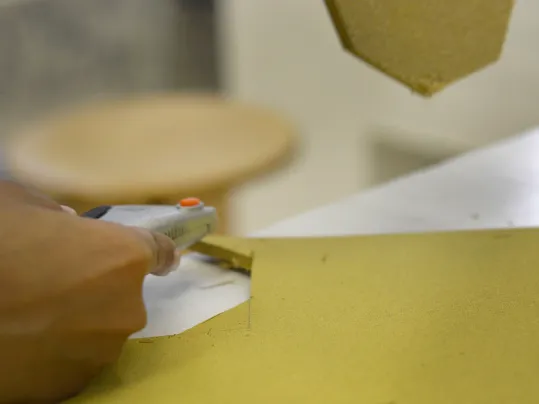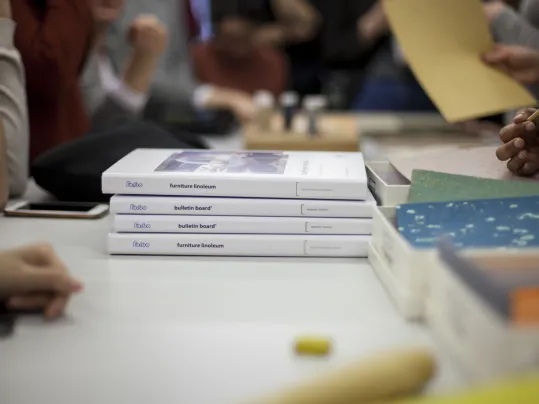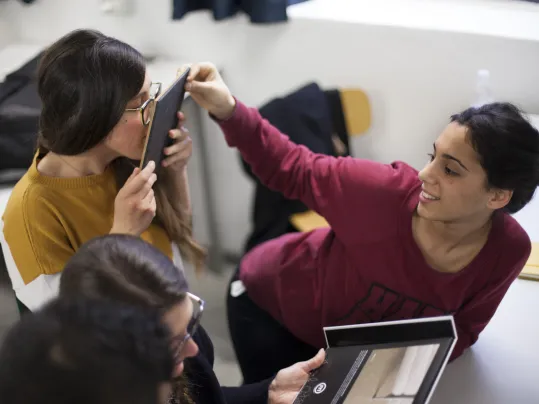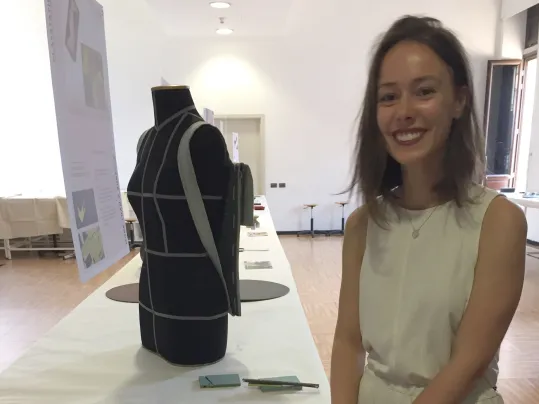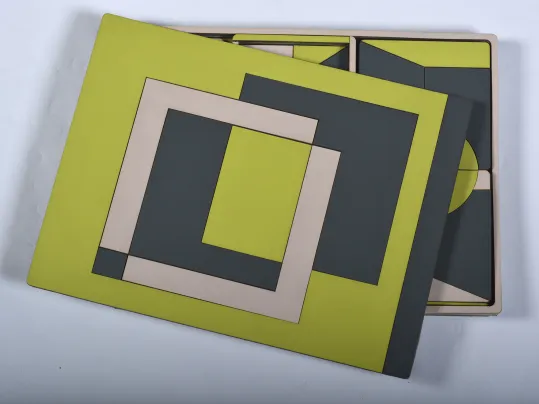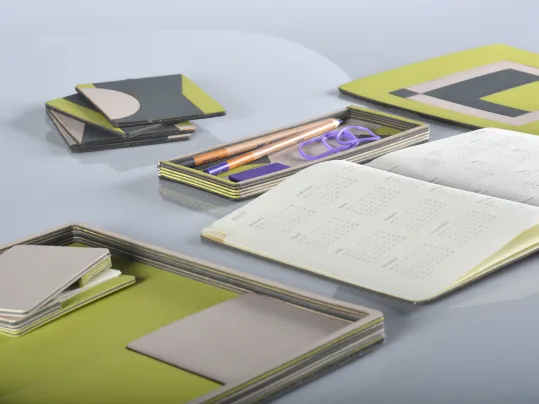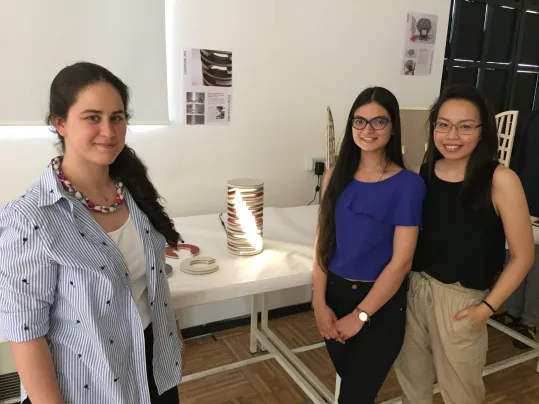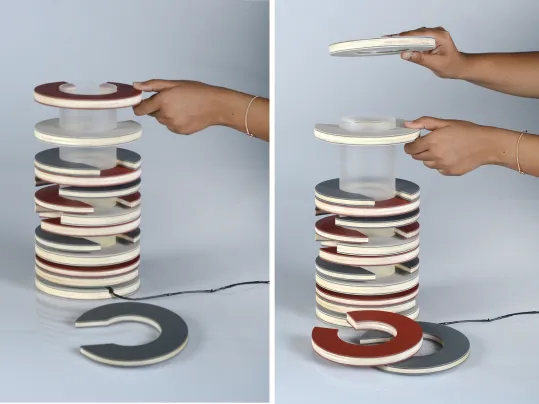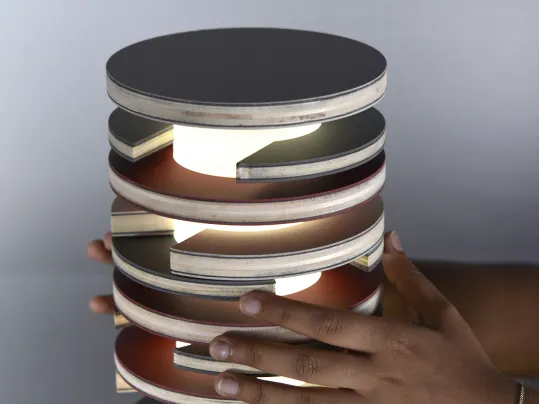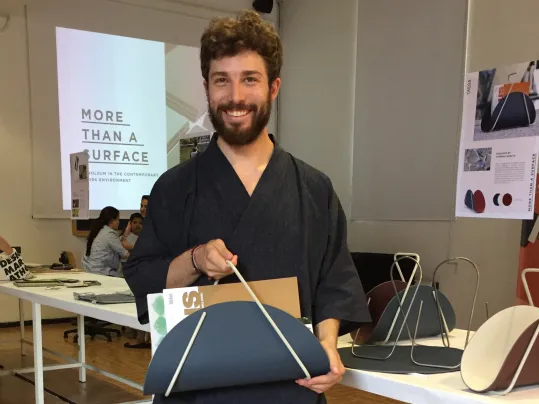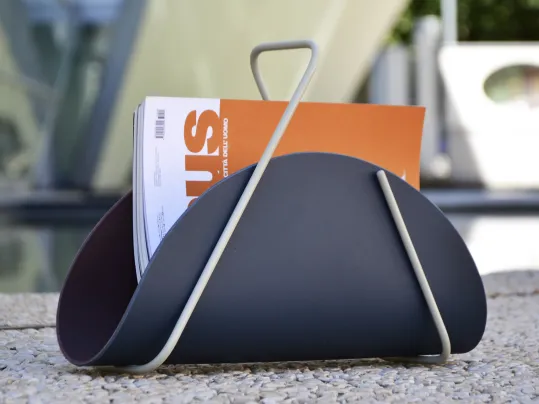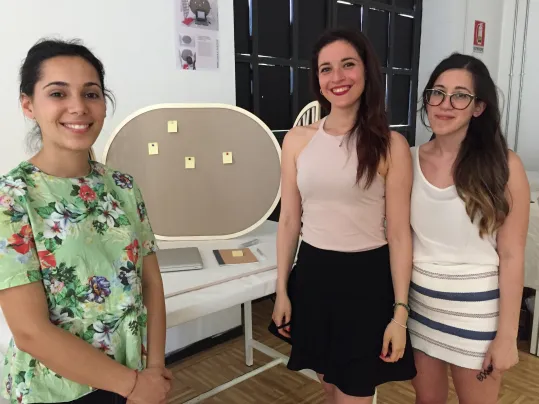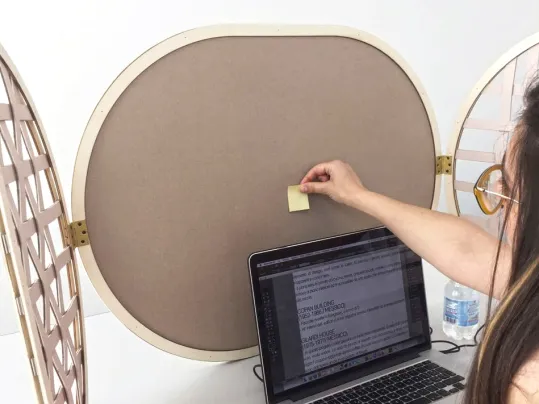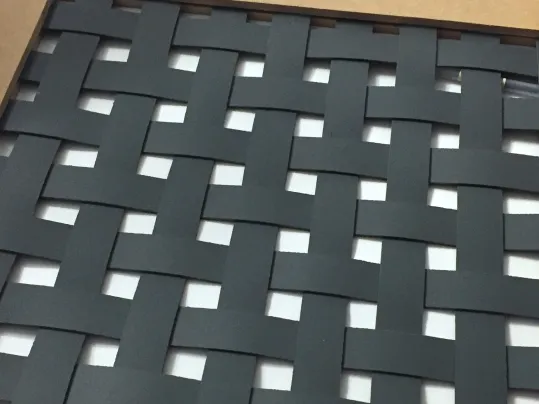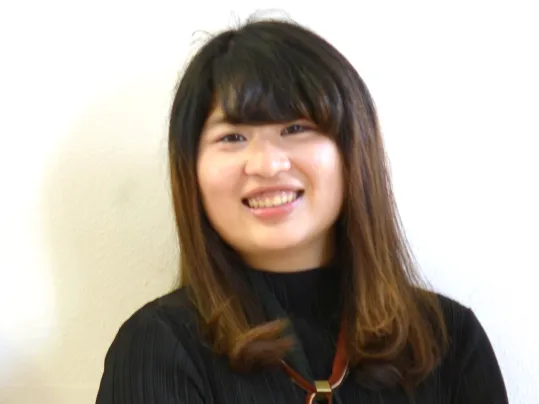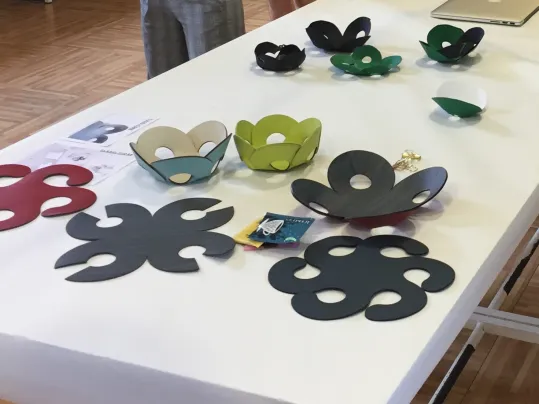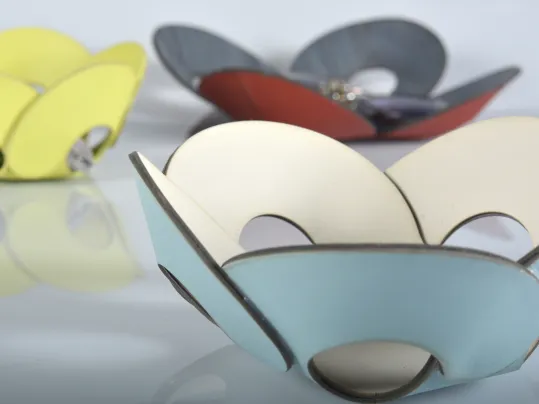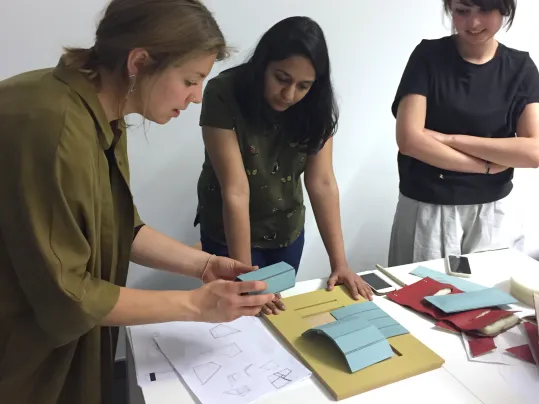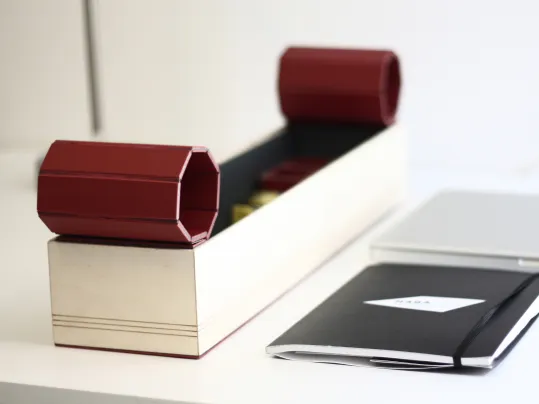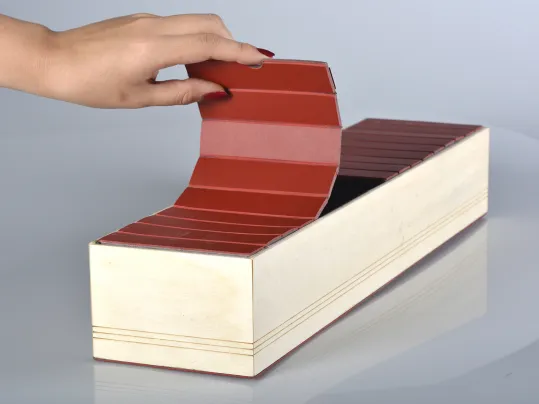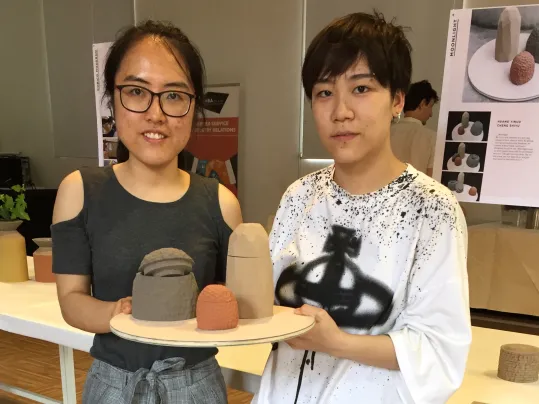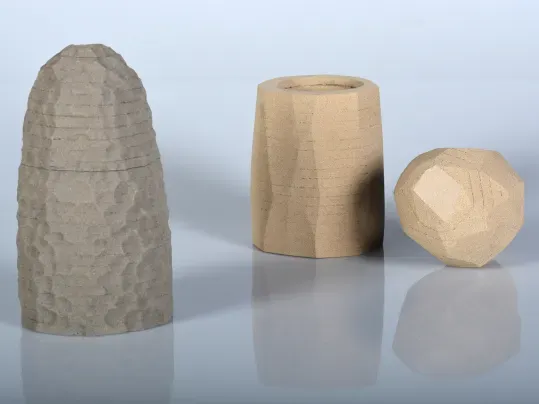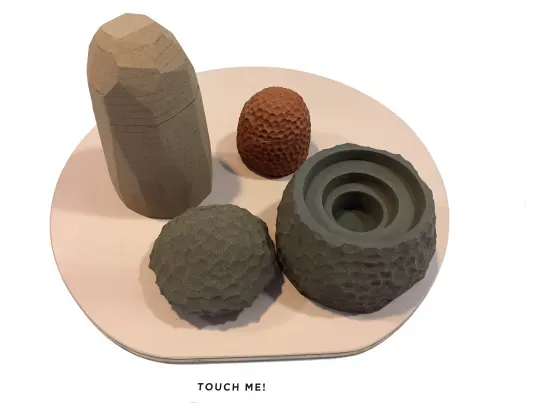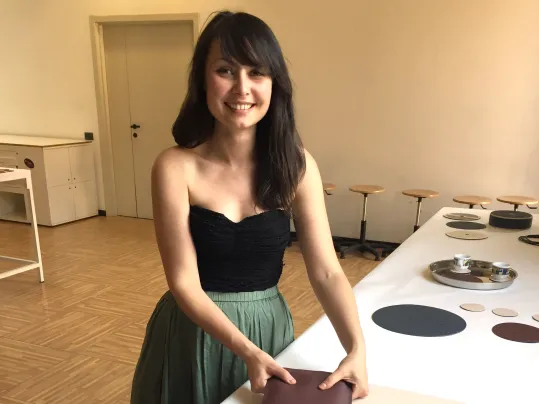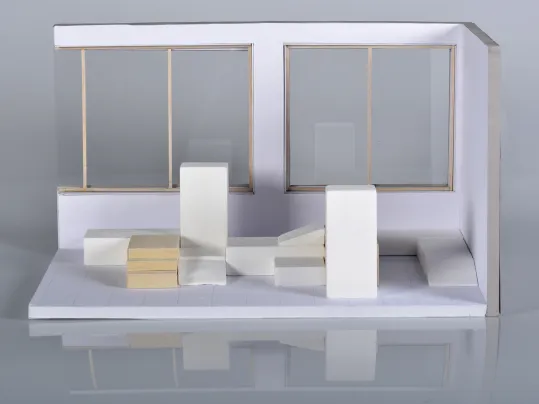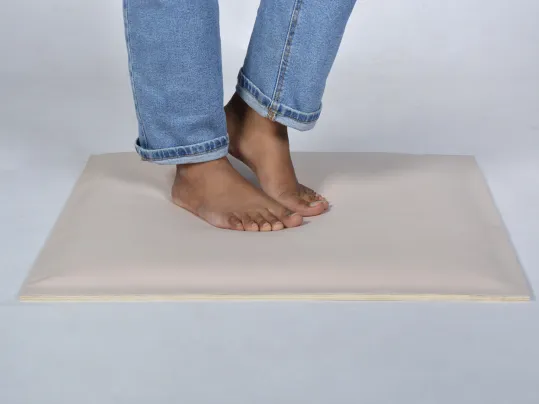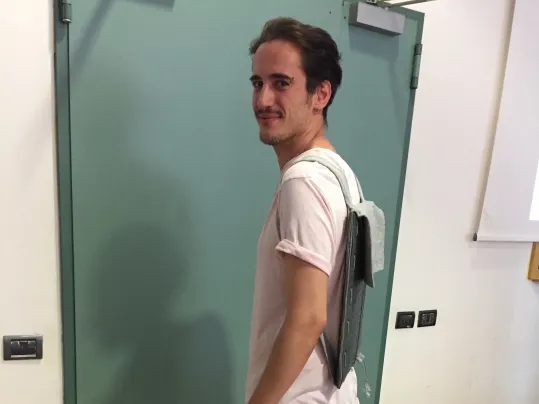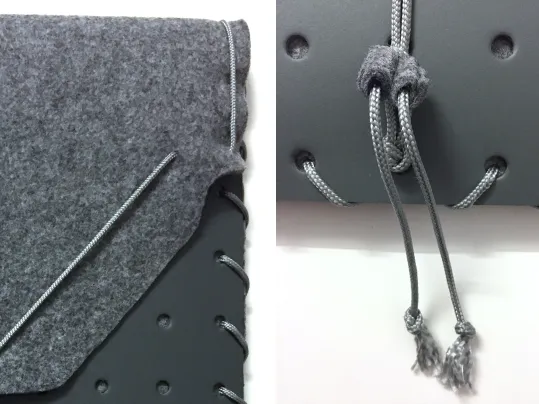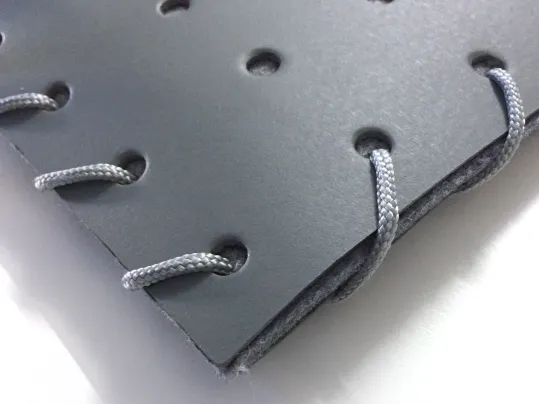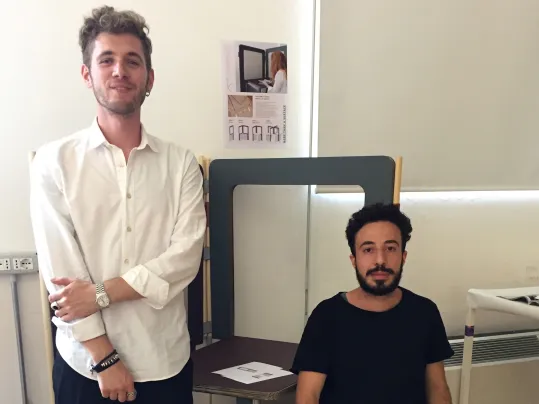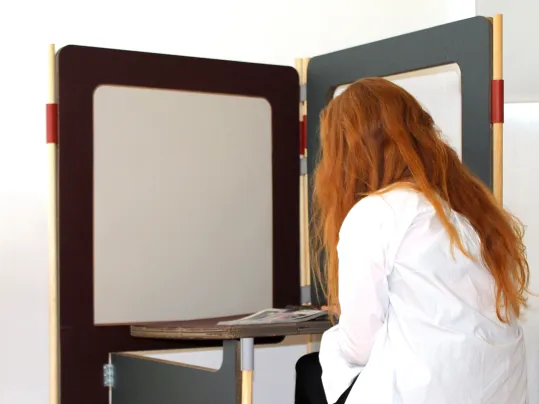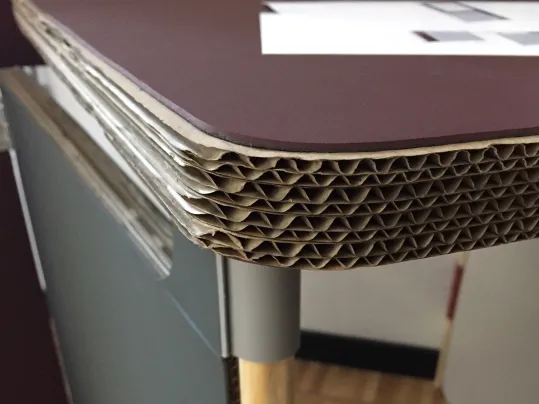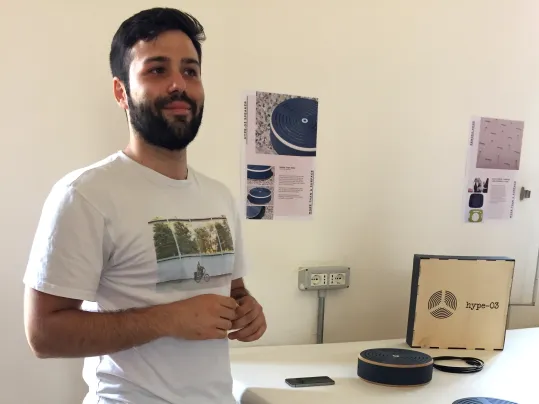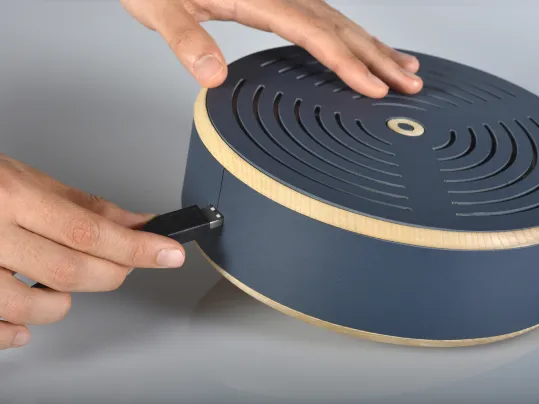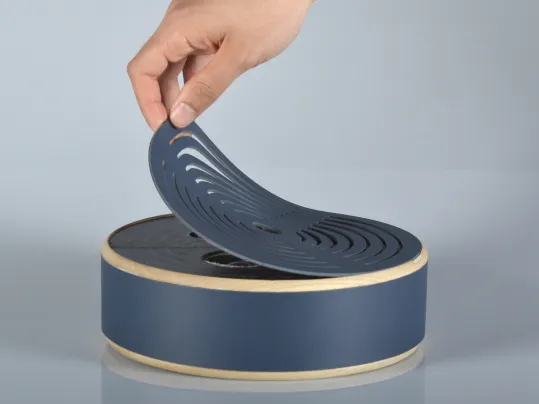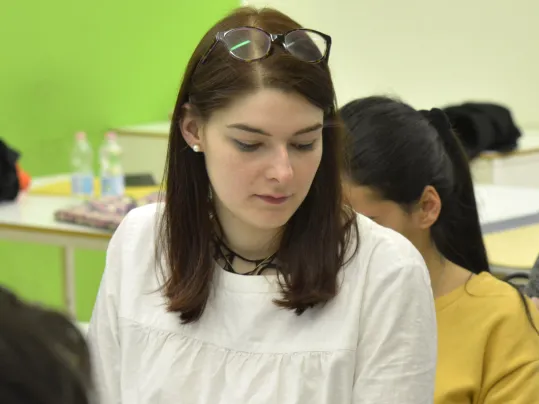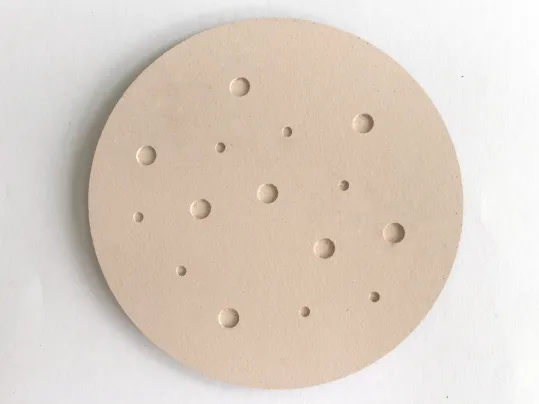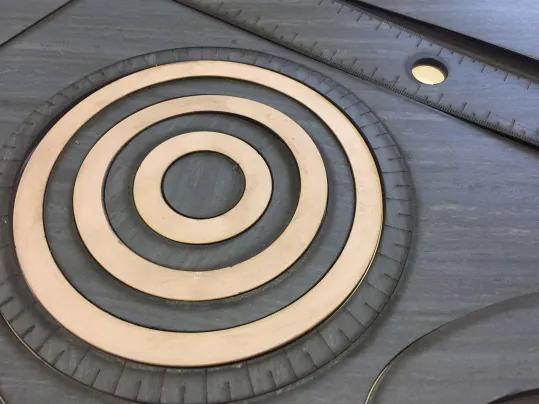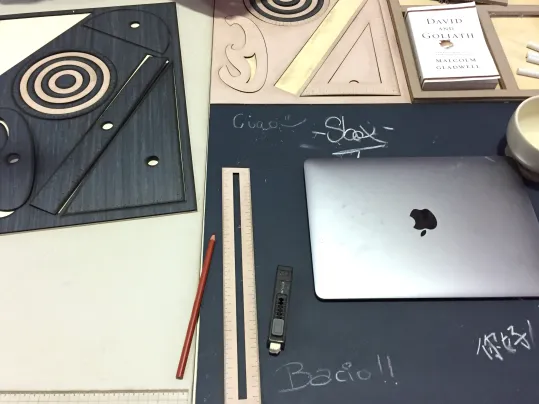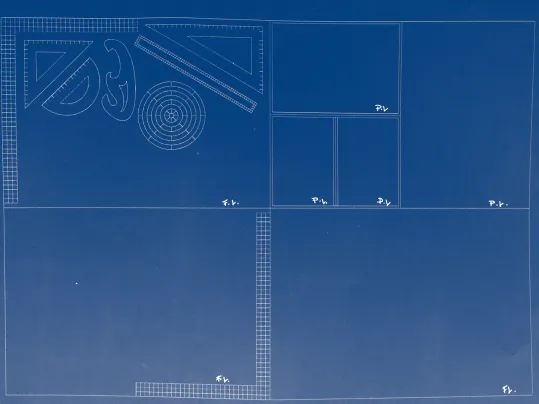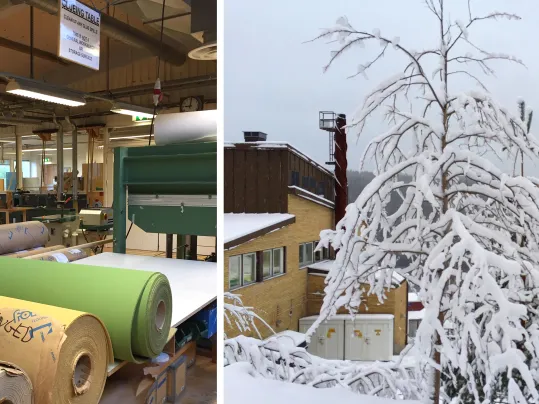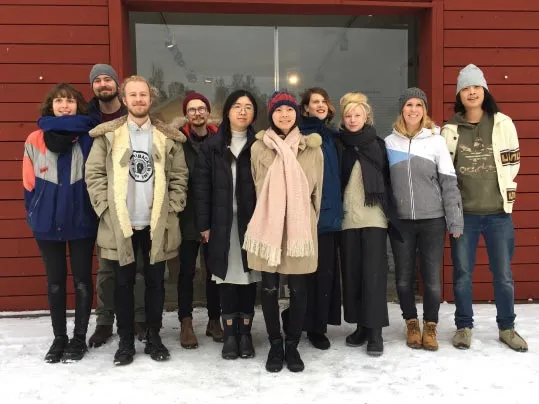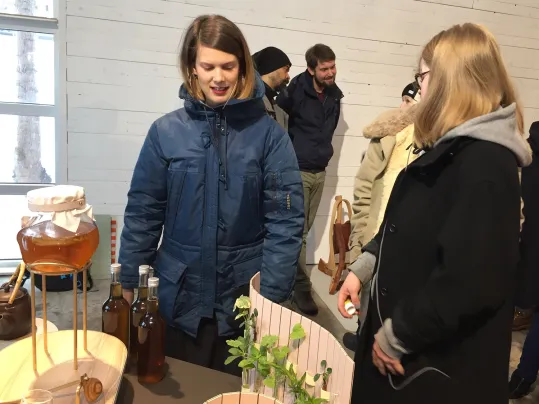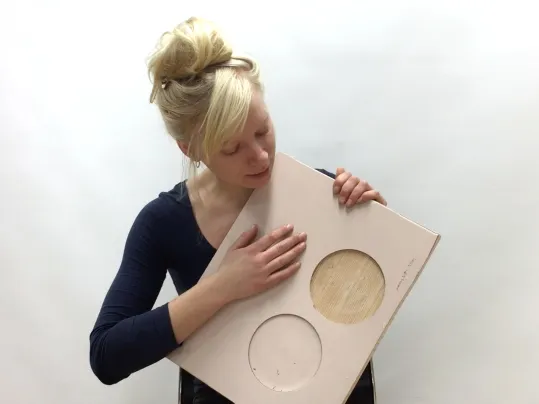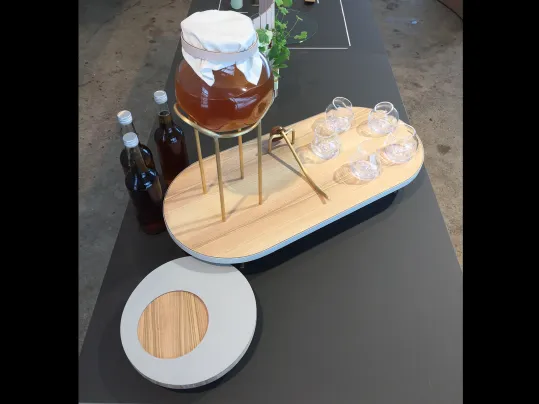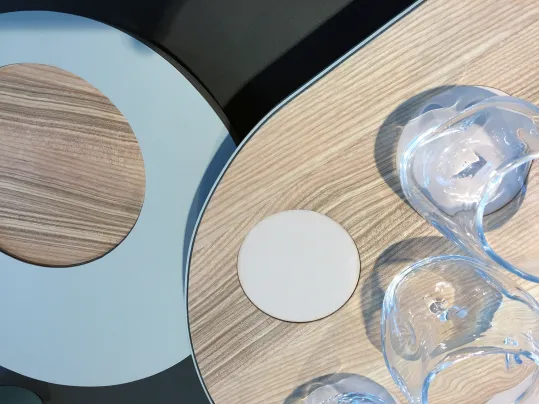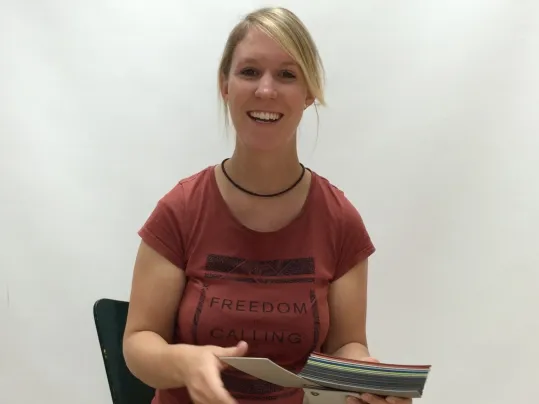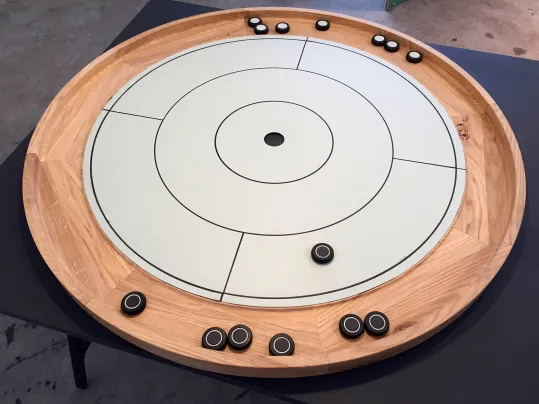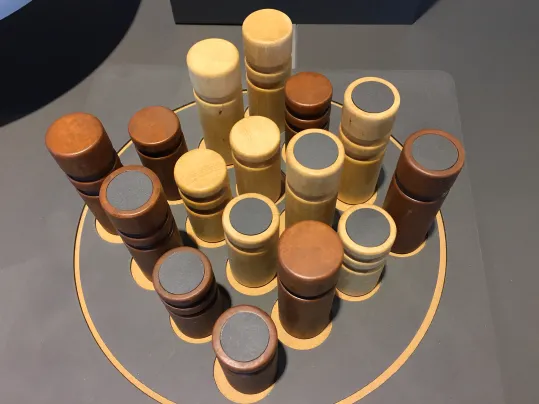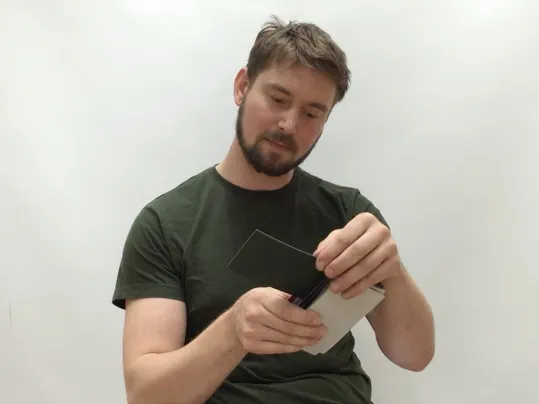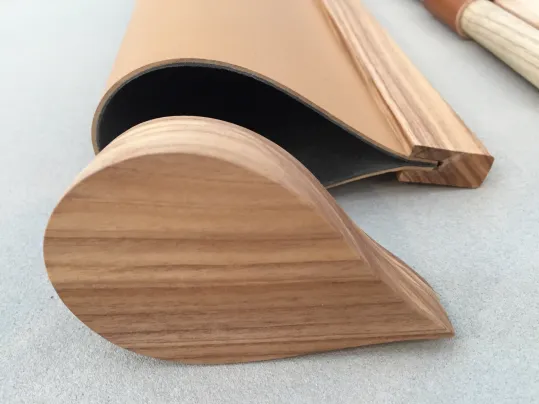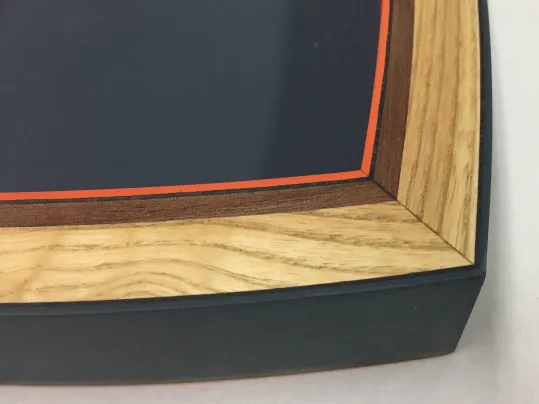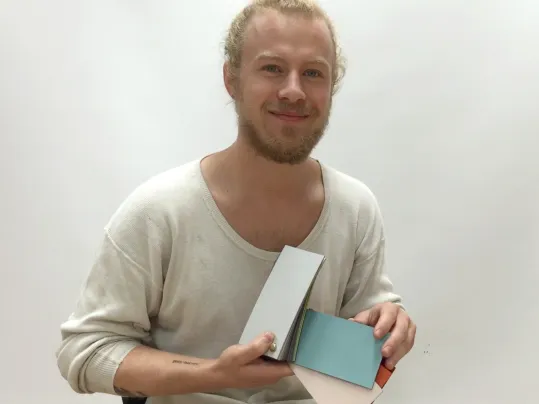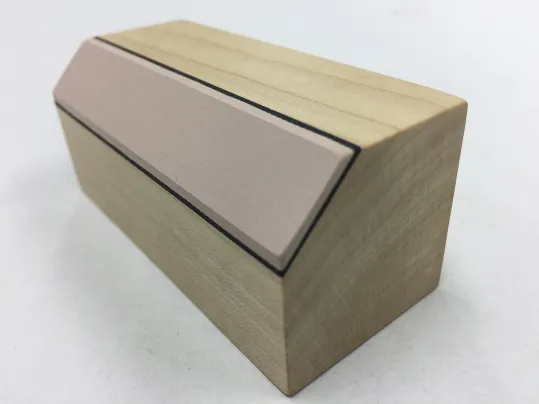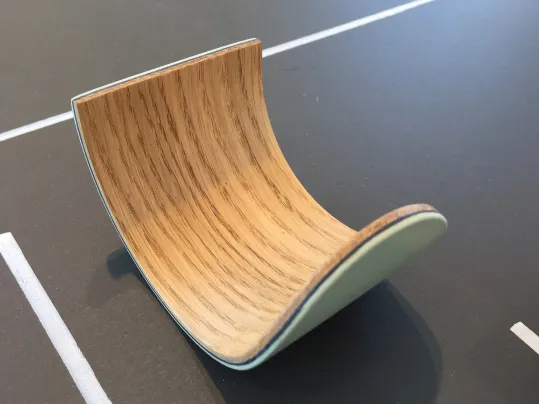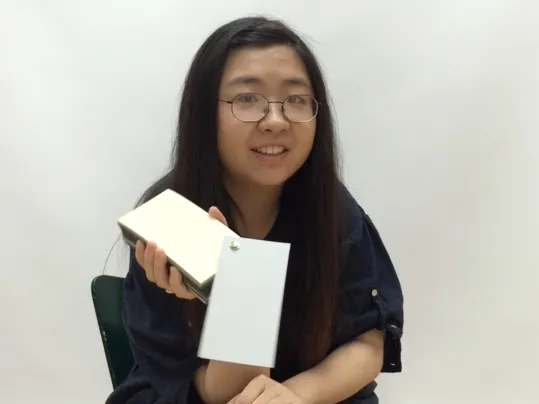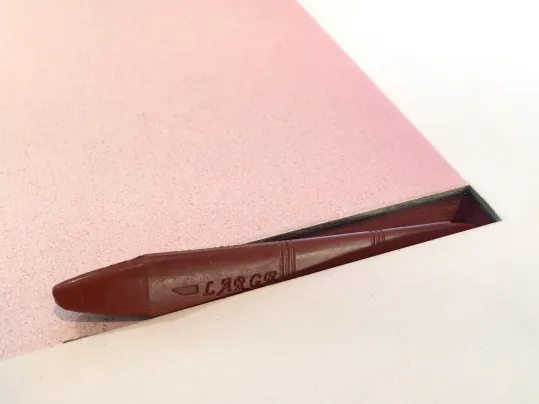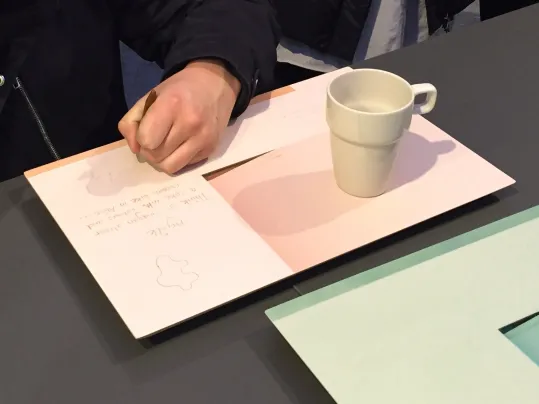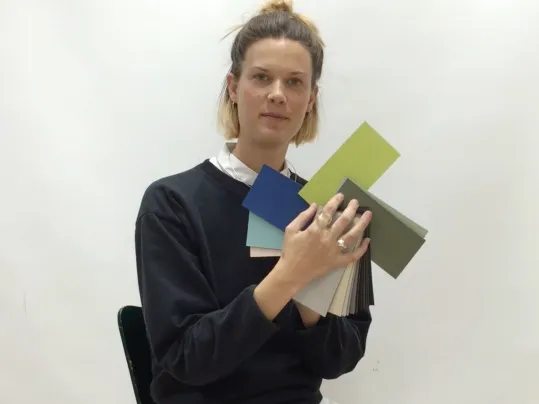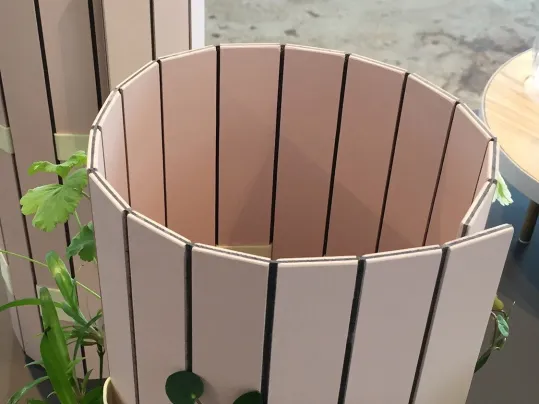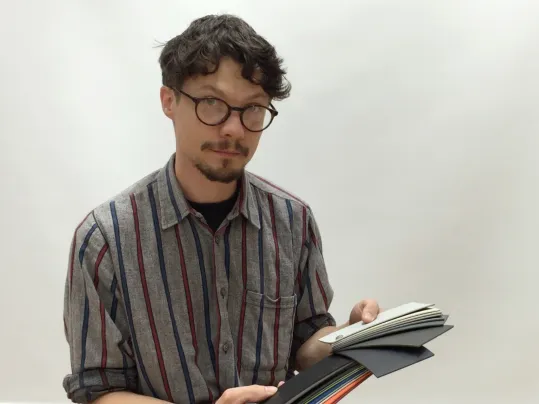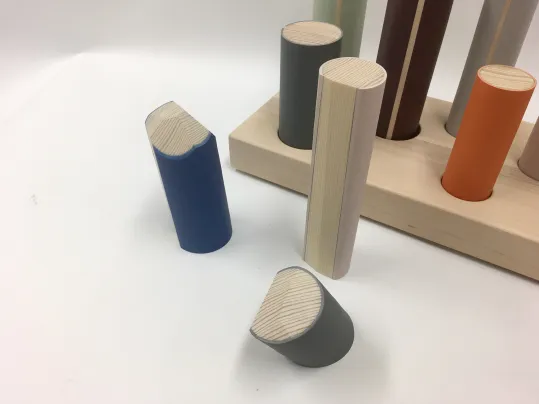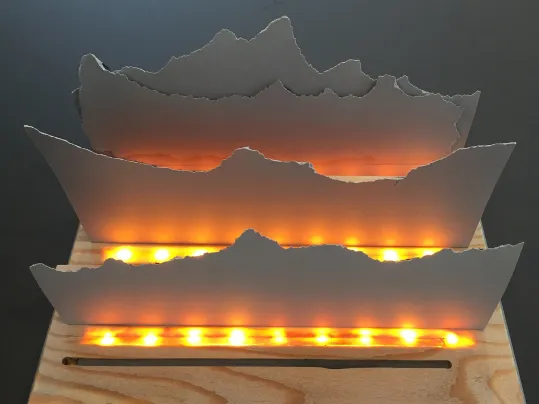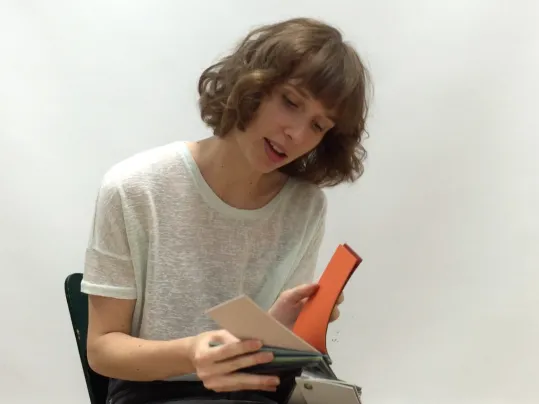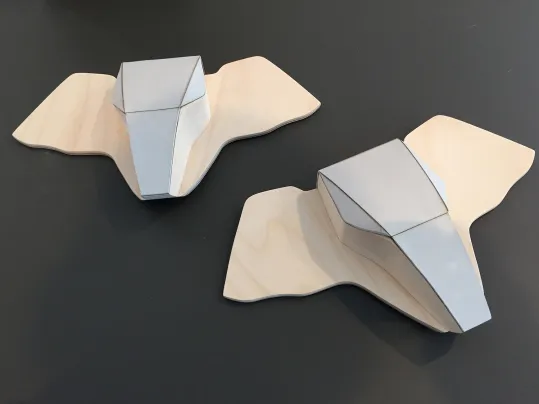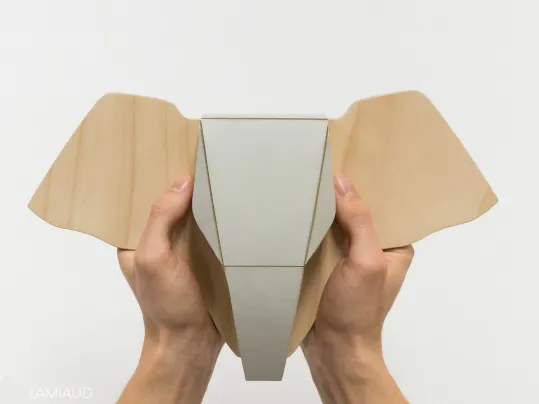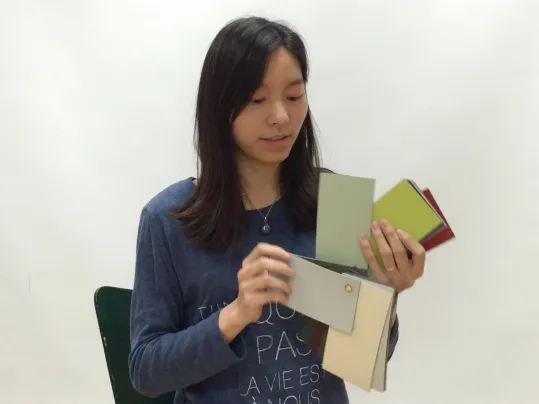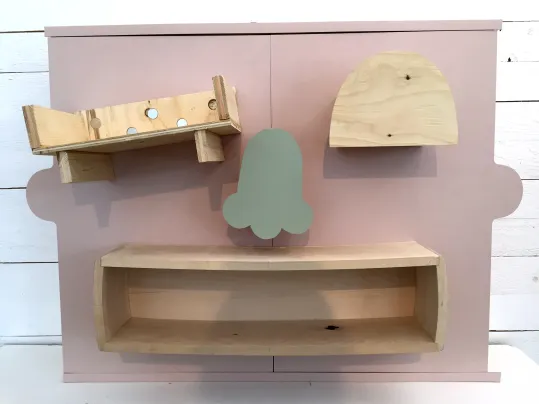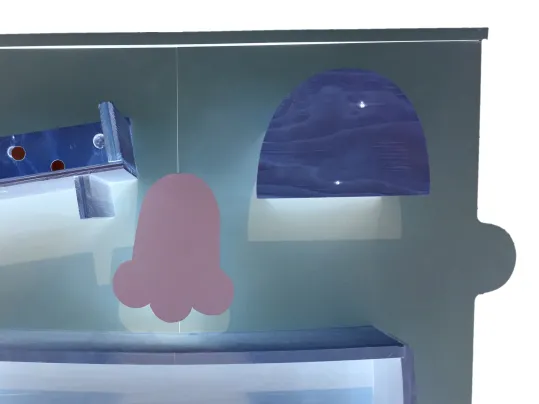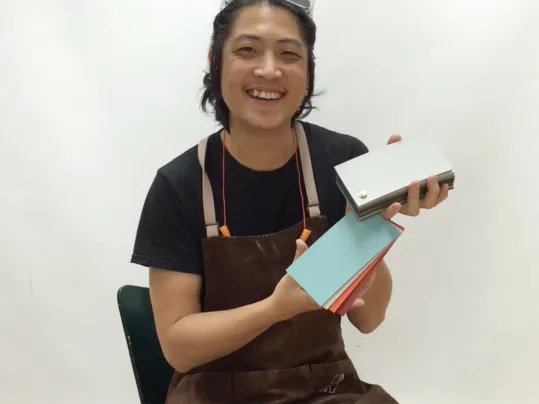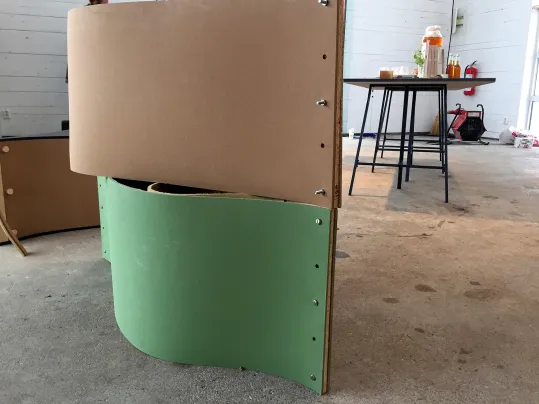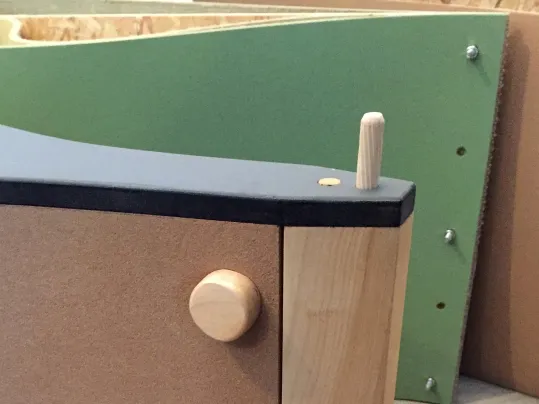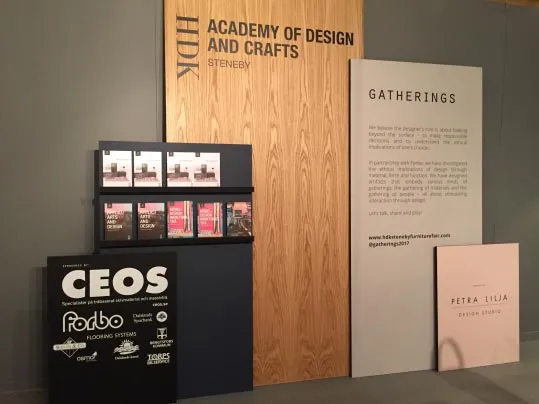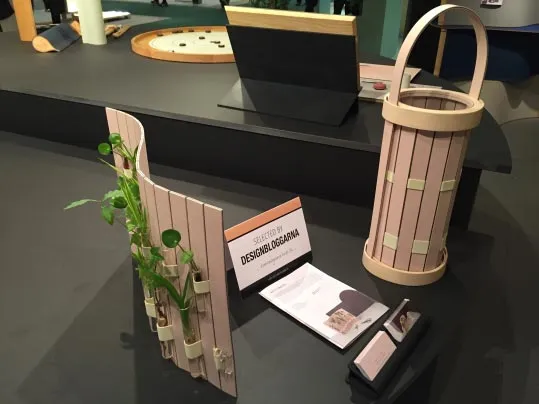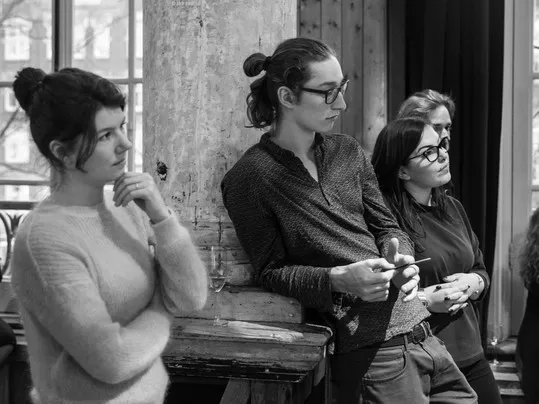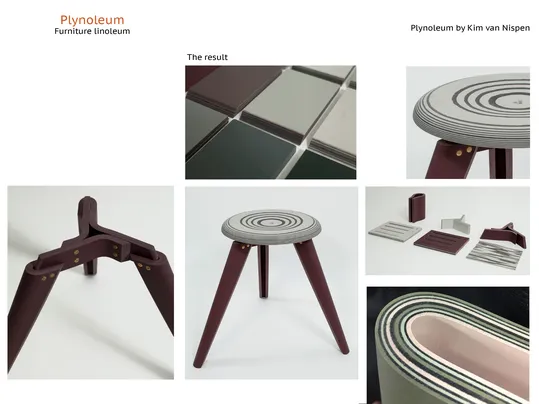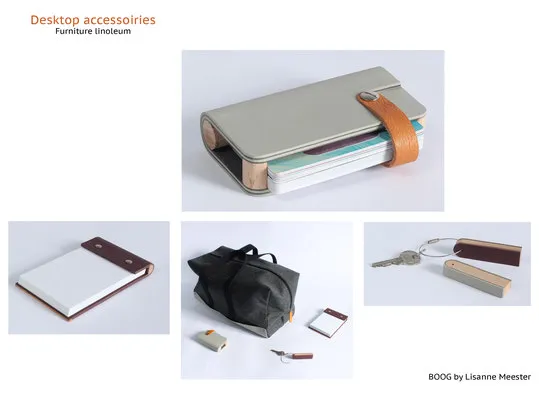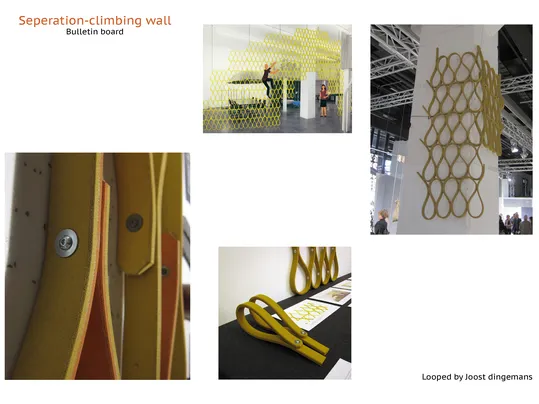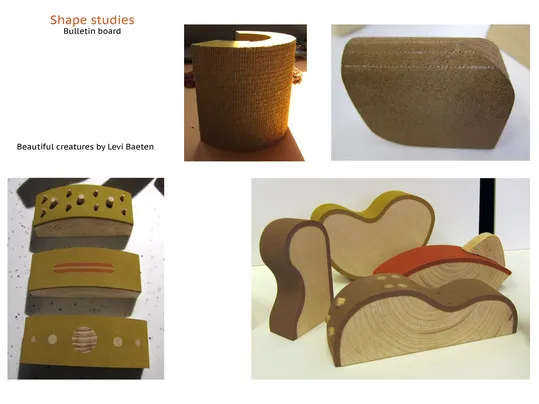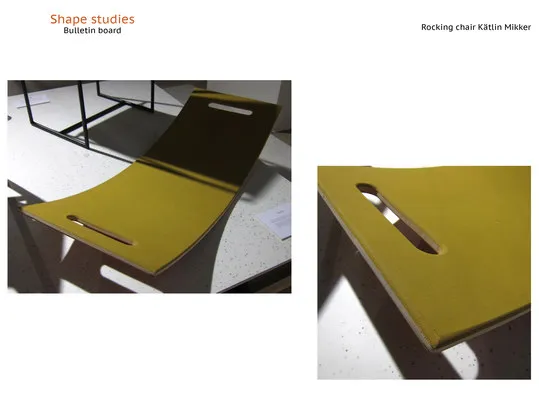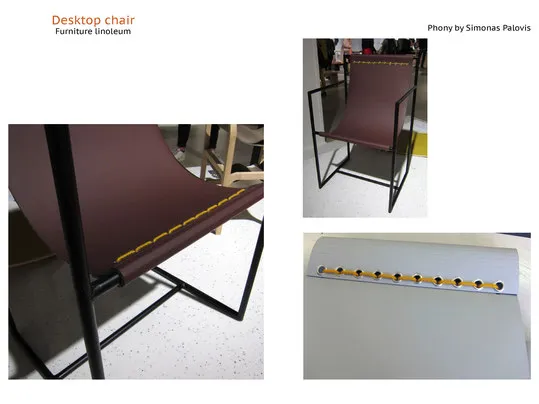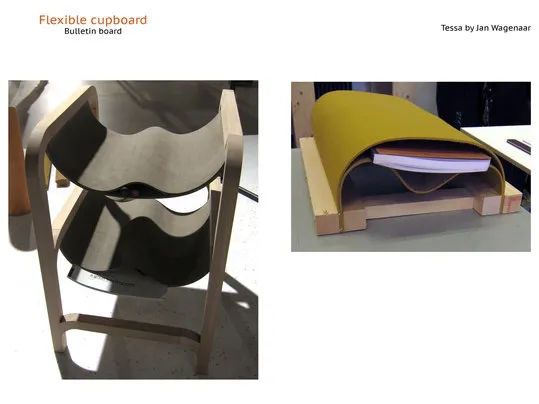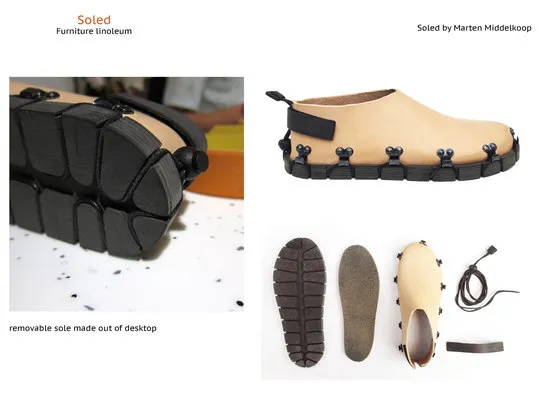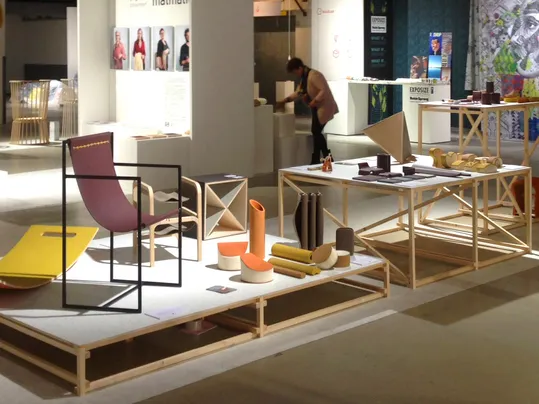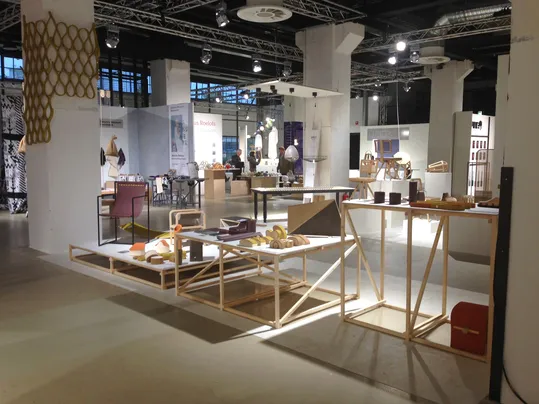Royal Academy of Art
Cultural Design research
For the collaboration with the Royal Academy of Art in The Hague (KABK) our linoleum archive served as source of inspiration. For field research we invited third year students from the bachelor department of Interior Architecture and Furniture Design (IA & FD) to explore this archive; a small treasure room of approx. 50m2 packed with information about our rich linoleum history.
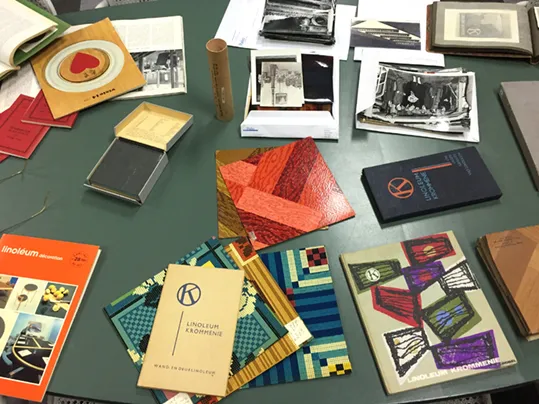
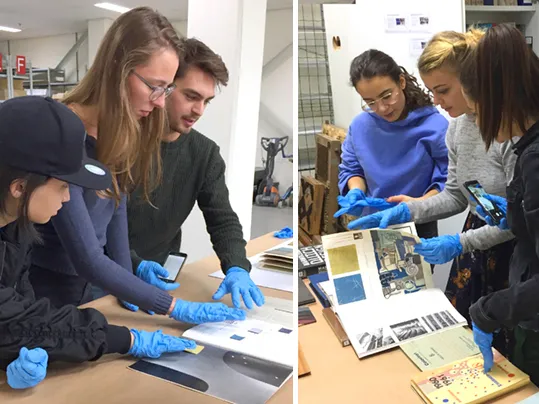
Period rooms, an interpretation of history
The winter semester studio dedicated to the Forbo x KABK collaboration was divided into two consecutive assignments, the first one reflecting and interpreting history and the second one looking towards the future. Students researched the social aspects and the specific characteristics of the material, the design properties of linoleum as a building material, and speculated its future potential. Seven 1: 1 scale linoleum 'Period Rooms' were realized during the first studio part.
Materialized experiments
These rooms served as an inspiration for the development of individual projects in the second part. The variety of experiments that were materialized through products and artworks was presented in the school during the Open Day of the KABK in The Hague in January 2019.
The participants
Tutors
The course was lead by designer Maarten Kolk and architects Samira Boon and Lada Hršak and artist Ronald van Tienhoven for Docking Station (Theory program)
Students
Jinzi Liu, Mila Baumann, Julia Holmgren, Jihoon Baek, Joyce Bakker, Laura Bosch, Esme Kim, Vlada Naletkina, Clémentine Boucher, Daria Kozhina, Maximillian von Igel, Naira Nigrelli, Cristina Palicari, Agathe de Klerk, Kalina Lambreva, Marie Komatsu, Menthe de Kloe, Youri Thibault, Miriam Asghdom, Lilla Eordogh, Mindy Li, Yen Le, Thijs de Weerd, Violet Luu, Shun Yoon, Ngoc Le, Lisa Hens
Photographer
Vladimir Vidanovski and Forbo Flooring Design
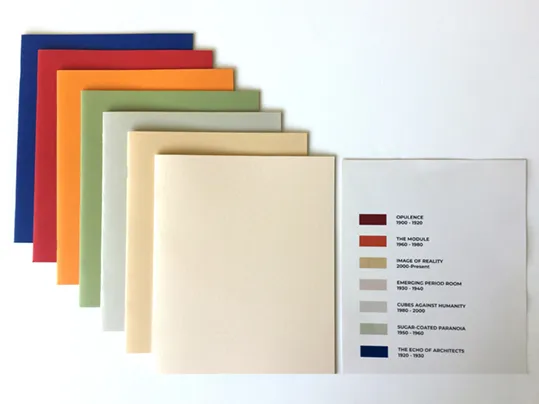
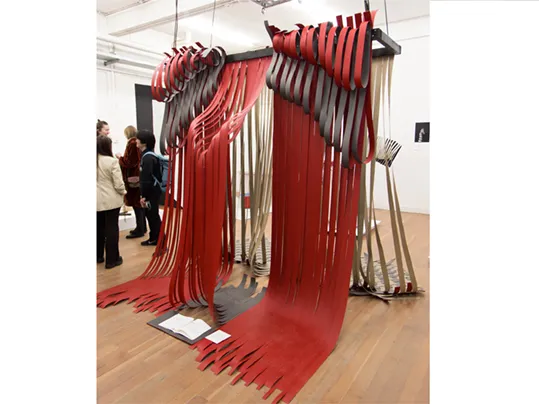
Jinzi Liu, Mila Baumann, Julia Holmgren and Jihoon Baek
Opulence | 1900 - 1920
The students based their design on the observation of a binary spatial division of the upper class mansions in the 1920s. Hidden behind the opulent and richly decorated spaces there was a ‘backstage labyrinth’ for the servants. This concept of division and contrast served as inspiration for the creation of a theatrical performing space in which one can move from an expressive red front area into the more refined calm backstage of the installation.
For this spatial installation linoleum was cut into small strips to make the material more flexible and to create a layered room divider with multiple identities. By mimicking at the same time a fixed flooring and a flexible fabric the installation emphasizes the chameleonic appearance linoleum can have.
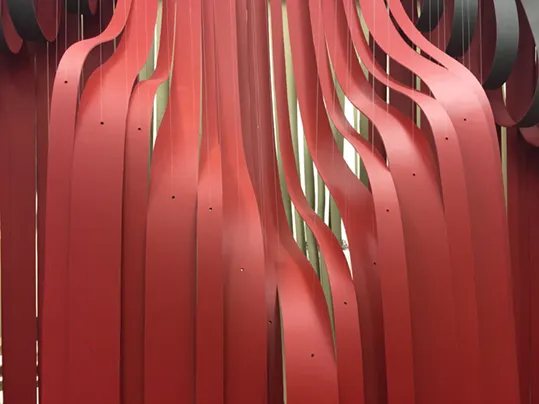
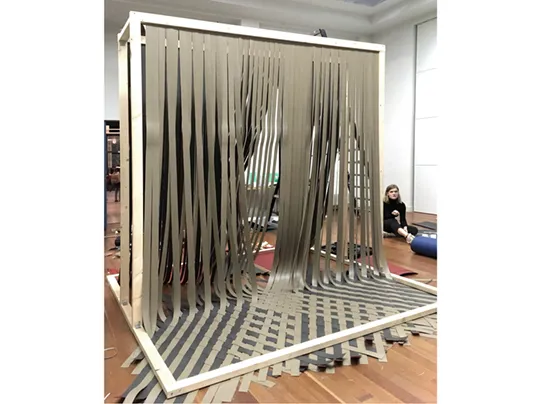
Joyce Bakker, Laura Bosch, Esme Kim and Vlada Naletkina
The Echo of Architects | 1920 – 1930
Titanium white was introduced in 1921 and brought a new vividness to the color of linoleum. Joyce Bakker, Laura Bosch, Esme Kim and Vlada Naletkina looked at modernist architects (and painters) like Le Corbusier, Gerrit Rietveld and Bruno Taut to whom color was an essential aspect in their design. Color was not anymore considered as an accessory to finished architecture, but to fulfill formal and moral functions.
The period room is an echo of these architects, where their most famous architectural elements and philosophies about colors are merged together into different proportions. The shape of the objects is a result of an extensive material research keeping in mind connections and detailing used in 1920s design.
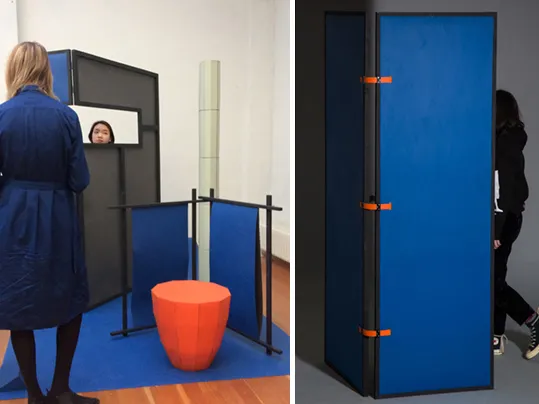
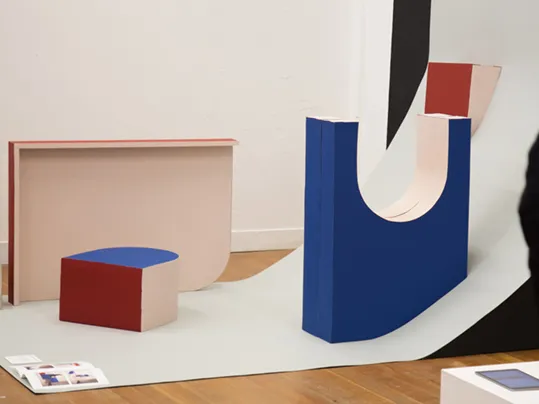
Clémentine Boucher, Daria Kozhina, Maximillian von Igel and Naira Nigrelli
Emerging Period Room | 1930 – 1940
Clémentine Boucher, Daria Kozhina, Maximillian von Igel and Naira Nigrelli were inspired by the curvatures of the cinema interior of the 1930ties and used these as starting point for their concept. They designed a room with modular elements and pockets that make objects appear and disappear according to the needs of the user. Thus within the physical limitations of a space a choice of organization is offered. An approach that connects seamlessly well with an increasing urban density and an emerging scarcity of living space.
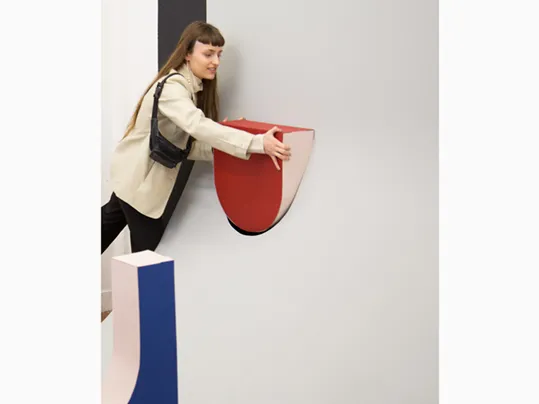
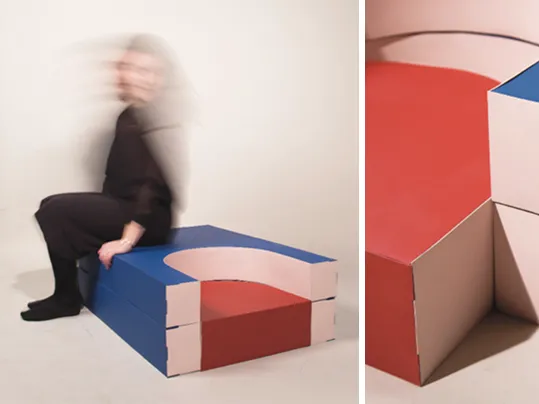
Menthe de Kloe, Youri Thibault, Miriam Asghdom
The Module | 1960 – 1980
Menthe de Kloe, Youri Thibault, Miriam Asghdom defined the 1960s and 1970s as a time of transition, of big change in society’s attitude of protest and breaking free from the given, from the ‘grid’.
Their project ‘The Module’ represents this changing mindset with an abstract unit that stems from the given grid. The unit introduces a variable organic shape that literally seems to break through the grid. An installation that provides restricted freedom allowing you to be within the ‘given grid’ on your own.
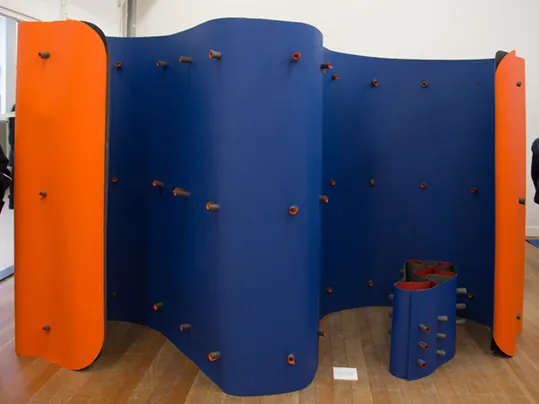
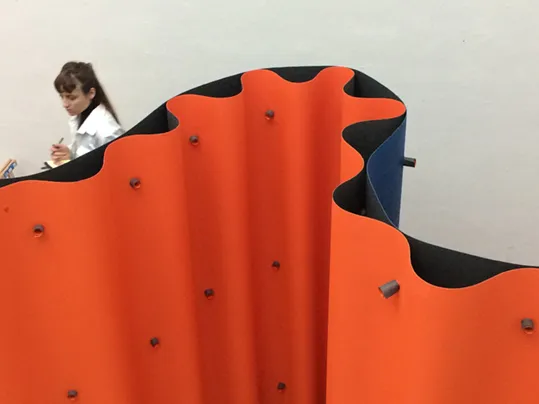
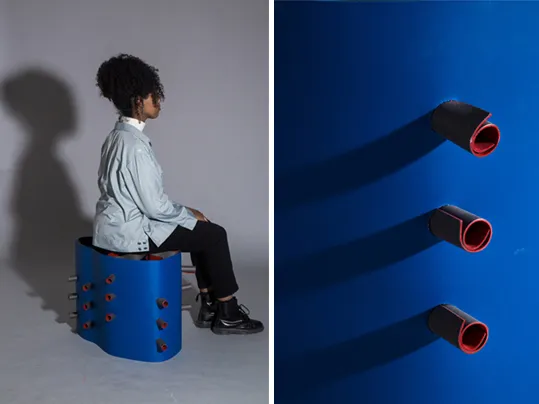
Violet Luu, Shun Yoon, Ngoc Le, Lisa Hens
Image of Reality | 2000 - Present
Social media is a prominent characteristic of today. Even though there is only one reality, people interpret their own ‘image of reality’ through social media.
Similarly people choose a specific linoleum pattern to decorate their space to create their own reality.
This period room plays with our perception of reality and the relationship between object, space and context.
Violet Luu, Shun Yoon, Ngoc Le, Lisa Hens replicated a series of existing standard interior objects using only linoleum. In their research they wanted to see how they could transform a linoleum sheet material into a solid block that can be shaped into any object. By stacking and gluing the sheets and by using a sanding machine they managed to construct 3D replicas, a series of objects almost as stable as the original.
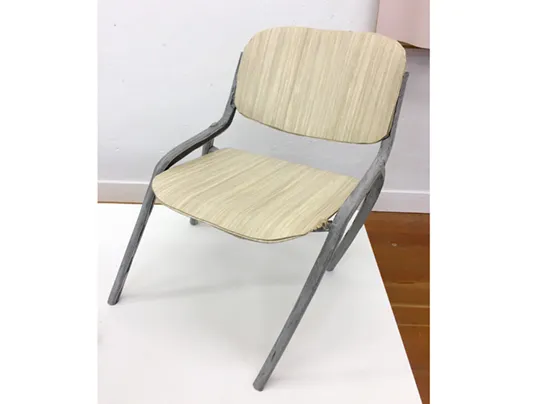
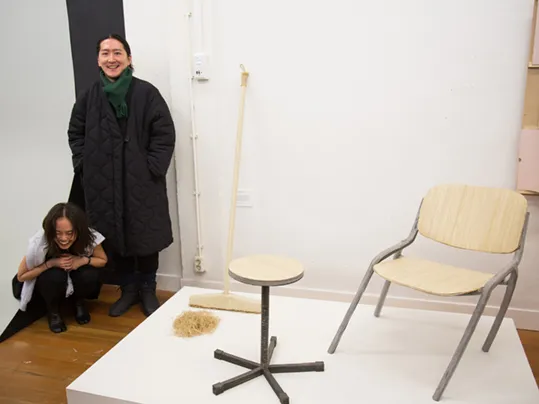
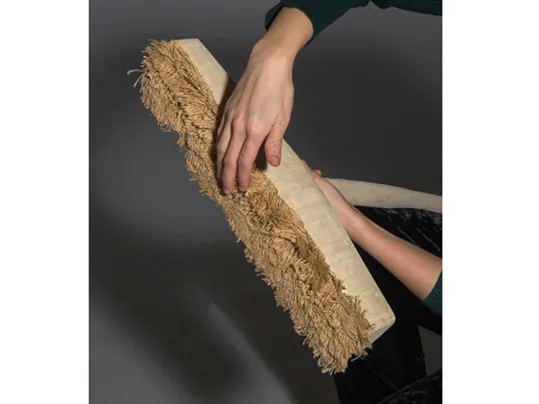
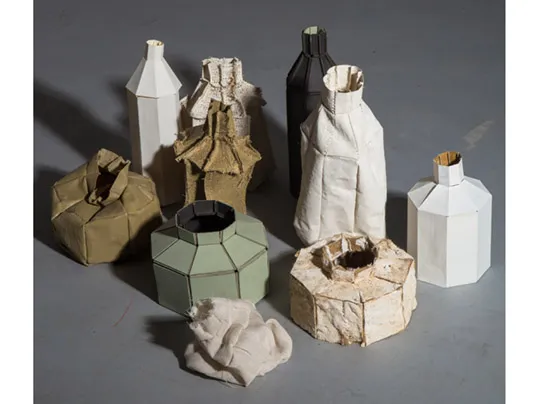
Primitive Linoleum | Laura Bosch
In her material research Laura Bosch combined one of the main ingredients of linoleum, linseed oil, with a variety of other natural raw materials. These material experiments were than used to create a series of objects. Arranged in a still life she demonstrates in a poetic way the main characteristics of these new materials.
Furniture Linoleum color 4183 Pistachio
Other materials; linseed oil, linen, linseed oil paint, jute, jute fibers, paper, powder, clay, porcelain plaster, plaster, calcium carbonate.
Inlaid Furniture | Mila Baumann
With the help of her research into folding techniques Mila was able to create a two-dimensional floor, which could emerge into a three-dimensional shape. To give linoleum constructive qualities she applied an extra layer of wood for support.
Furniture linoleum colors 4164 Salsa, 4181 Midnight Blue, and 4186 Orange Blast
Other materials; Wood
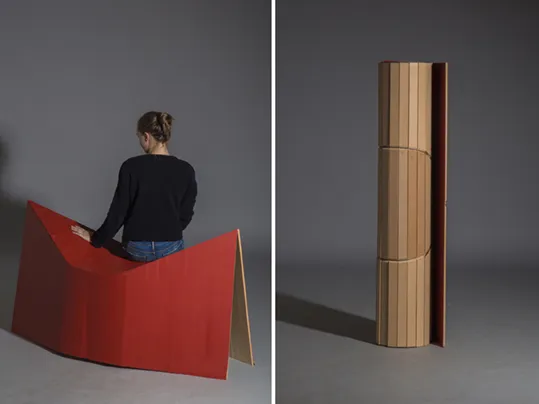
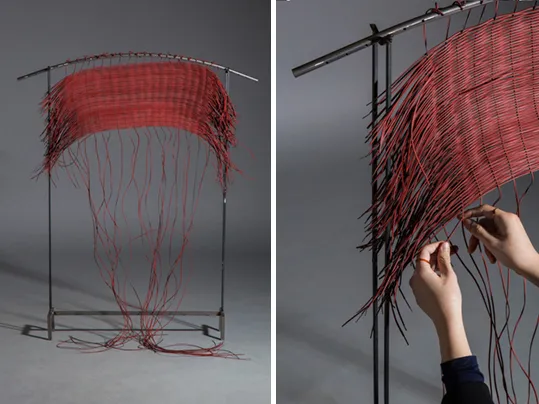
Dire Desire | Violet Luu
For this project linoleum material was cut into strips of 2 mm. These almost yarn like strips of linoleum were used by Violet to make a continuous tapestry. The characteristic two layers of the Furniture linoleum, its colored top and its black paper backing, are adding by its contrast a visual effect to the object.
Decontextualizing linoleum | Daria Kozhina
In specific spatial contexts linoleum can be experienced as being artificial imitating something it is not. To reconsider the reputation of linoleum Daria deconstructed the main features of the objects present in the described interiors. She translated her findings into a new style that preserves the old elements but in the same time elevates them, making linoleum sexy again.
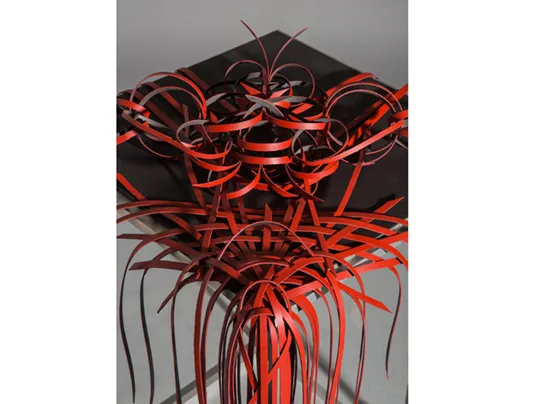
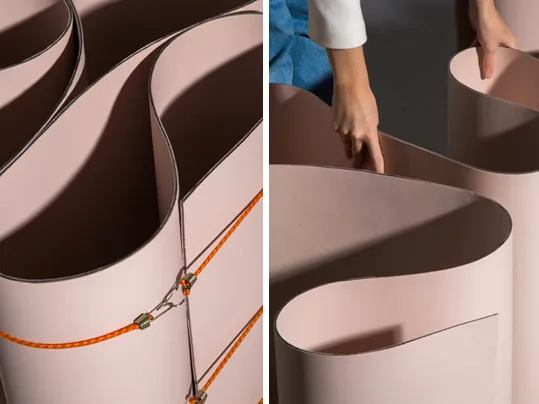
Independent attitude | Lisa Hens
‘Independent attitude’ is a set of Linoleum sculptures that introduces a research into the behaviour of linoleum material over time. Two layers of Furniture linoleum are glued together and folded into a waved shape, which is then held together by straps
The size of the mould determines to amount of time needed to dry before the shape can be released from its straps and act independently. The experiments are presented as sculptures with no predefined function. Playing around with the shapes will make the user discover its potentiality.
